|
Find out what narrative distance is and why fiction editors and authors need to pay attention to it.
|
|
If you’re a CIEP member, don’t forget that you can save 20% on all my courses. Log in to Promoted courses · Louise Harnby’s online courses. Then enter the coupon code at my checkout.
|
Related resources for you to dig into
- Blog post: 7 reasons why I’m not the right editor for you
- Blog post: How to avoid repeating ‘I’ in first-person writing
- Blog post: How to show the emotions of non-viewpoint characters
- Blog post: What’s the difference between a viewpoint character and a protagonist?
- Book: Editing Fiction at Sentence Level
- Book: Making Sense of Point of View
- Course: How to Write the Perfect Fiction Editorial Report
- Course: Switching to Fiction
She is an Advanced Professional Member of the Chartered Institute of Editing and Proofreading (CIEP), a member of ACES, a Partner Member of The Alliance of Independent Authors (ALLi), and co-hosts The Editing Podcast.
- Get in touch: Louise Harnby | Fiction Editor & Proofreader
- Connect: Twitter at @LouiseHarnby, Facebook and LinkedIn
- Learn: Books and courses
- Discover: Resources for authors and editors
What’s covered in this post
- Why reduce the ‘I’
- Why ‘I’ still has a place front and centre
- Focusing on the exterior rather than the interior
- Reducing the use of filter words
- Removing speech and thought tags
- Applying the principles of free indirect speech
- Taking the 'I' out of introspection
- Balancing ‘I’ with ‘we’
Why reduce the ‘I’
Too much ‘I’ is a tap on the shoulder, one that says to the reader, ‘Just in case you’ve forgotten who the narrator is, here are lots of reminders.’
The consequence is that readers are pulled away. And that can actually increase rather than reduce narrative distance.
Why ‘I’ still has a place front and centre
However, they don’t rely on a first-person pronoun to convey experience, thought, speech and action. Below, I'll show you some examples – ones that ensure the intimacy of the narration style is left intact.
And so while we don’t want to obliterate ‘I’, because avoiding it completely would render the prose awkward, inauthentic and overworked, too much ‘I’ can be repetitive and interruptive. What’s required is a balance.
This post aims to offer you choice – fitting alternatives that retain intimacy and immediacy when you’re concerned you’ve overdone it.
1. Focus on the exterior rather than the interior
A little peppering in a more objective report will suffice because the reader knows that it’s coming from the narrator, and only the narrator. It has to be.
And while writers can make space to explore the viewpoint character’s emotional behaviour, the exterior world is what grounds their experience in the novel’s physical world. It gives the novel substance, and the reader something to bite into.
Instead of focusing on who’s doing the reporting, shift the prose towards what’s being reported.
What and who else is in the scene? Why are they there? How do they behave? What do they look like? This information can be reported without ‘I’ so that the reader experiences the physical world within which the narrator is operating.
Here’s an example from To Kill a Mockingbird (Harper Lee, Pan, 1974, p. 11).
|
Maycomb was an old town, but it was a tired old town when I first knew it. In rainy weather the streets turned to red slop; grass grew on the sidewalks, the court-house sagged in the square. Somehow, it was hotter then; a black dog suffered on a summer’s day; bony mules hitched to Hoover carts flicked flies in the sweltering shade of the live oaks on the square. Men’s stiff collars wilted by nine in the morning. Ladies bathed before noon, after their three o’clock naps, and by nightfall were like soft tea-cakes with frostings of sweat and sweet talcum.
People moved slowly then. They ambled across the square, shuffled in and out of the stores around it, took their time about everything. A day was twenty-four hours long but seemed longer. There was no hurry, for there was nowhere to go, nothing to buy and no money to buy it with, nothing to see outside the boundaries of Maycomb County. But it was a time of vague optimism for some of the people: Maycomb County had recently been told that it had nothing to fear but fear itself. |
Notice the (almost) absence of ‘I’. Scout – our narrator – tells us about the town she lived in: Maycomb. The recollection is hers certainly – ‘when I first knew it’ anchors it as such. It’s therefore intimate.
And yet because there’s only one I-nudge, we’re allowed enough emotional distance to step back and pan, like a roving camera, across Maycomb’s vista. We’re dislocated from Scout’s doing the experiencing and encouraged instead to focus on what she’s experiencing.
What’s happening here is a shift from the subjective to the objective.
Here’s an example of a short excerpt that’s subjective. The focus is on the I-narrator.
And here’s the real excerpt from David Rosenfelt’s Play Dead (Grand Central, 2009, p. 19). Now the focus is objective, yet in no way does this distance us from the centrality of the first-person narrator’s experience. We’re still deep in his head.
2. Reduce the use of filter words
Examples include noticed, seemed, spotted, saw, realized, felt, thought, wondered, believed, knew, and decided.
Filter words focus the reader’s gaze inwards (interior focus) on the manner through which the viewpoint character experiences the world – the how.
They come with a pronoun: I saw, they believed, we decided, she knew, he noticed.
By removing filter words, the reader’s gaze is shifted outwards (exterior focus) and onto what is being experienced. That can make for a more immersive read. Plus, the omission means we say goodbye to their accompanying pronoun: 'I'.
Here are a few examples to give you a flavour of how you might recast in a way that avoids first-person filtering.
|
‘I’ plus filter word. Reader’s gaze is inwards, on the how
|
Recast: Reader’s gaze drawn outwards towards the what
|
|
I recall the argument we had last week.
|
Last week’s argument is still fresh in my mind.
|
|
I recognized the man’s face.
|
The man’s face was familiar.
|
|
I saw the guy turn left and dart into the alley.
|
The guy turned left and darted into the alley.
|
|
I spotted the red Chevy from yesterday parked outside the bank.
|
There, parked outside the bank, was the same red Chevy from yesterday.
|
|
I still feel ashamed about the vile words I unleashed even after all these years.
|
The vile words I unleashed still have the power to bathe me in shame even after all these years.
|
3. Remove speech and thought tags
This will work best if there are no more than two characters. Most writers don’t extend the omission for more than a few back-and-forths before they introduce a reminder tag or an action beat.
Watching out for unnecessary tags is good practice regardless of narration style, but with a first-person narration it’s a particularly efficient way to declutter ‘I’-heavy prose.
Take a look at this excerpt from David Rosenfelt’s Play Dead, pp. 194–5. There are two characters in this scene: Andy Carpenter, the protagonist and narrator, and Sam Willis, the non-POV character on the other end of the phone.
“The woman's name is Donna Banks. She lives in apartment twenty-three-G in Sunset Towers in Fort Lee. I don't have the exact address, but you can get it.”
“Pretty swanky apartment,” he says.
“Right. I want you to find out the source of that swank.”
“What does that mean?”
“I want to know how she can afford it. She doesn't work, and she's the widow of a soldier. Maybe her name is Banks because her family owns a bunch of them, but I want to know for sure.”
“Got it.”
“No problem?” I ask. I'm always amazed at Sam's ability to access any information he needs.
“Not so far. Anything else?”
“Yes. I left her apartment at ten thirty-five this morning. I want to know if she called anyone shortly after I left, and if so, who.”
“Gotcha. Which do you want me to get on first? Although neither will take very long.”
“I guess her source of income.”
“Then say it, Andy.”
“Say what?”
“Come on, play the game. You're asking me to find out where she gets her cash. So say it.”
“Sam …”
“Say it.”
“Okay. Show me the money.”
“Thatta boy. I'll get right on it.”
The exchange involves 19 speech elements within the thread, but only 3 speech tags, and only one of those marks our first-person narrator.
At no point do we lose track, and at no point are we distracted by repetitive ‘I said’s.
4. Apply the principles of free indirect speech
In a nutshell, free indirect speech offers the essence of first-person dialogue or thought but through a third-person viewpoint. The character’s voice takes the lead, but without the clutter of speech marks, speech tags, italic, or other devices to indicate who’s thinking or saying what.
Here’s an example of third-person narration. Notice the filter words ‘glanced’ and ‘noticed’, the italic present-tense thought, and the thought tag:
Let’s change that to a first-person narration. The filter words are still there and there’s a thought tag with the ‘I’ pronoun.
Here’s what the third-person version could look like in free indirect style. The filter words and tags are gone. It feels like a first-person thought but the base tense and third-person narration remain intact.
And now the first-person version. All I’ve done is swapped out the pronoun ‘his’ for ‘my’.
5. Take the ‘I’ out of introspection
However, when prose is littered rather than peppered with constructions such as I wasn’t sure if, I didn’t know whether, I wondered if, it can feel muddled and be laborious to read. The reader might respond: Well, of course you’re wondering. Who else could it be? You’re the narrator.
Worse, readers might think the narrator’s rather self-absorbed and unsure of themselves. While that might be necessary now and then, it’s problematic if it’s a staple because a narrator who’s always focused on themselves, and who never instils confidence in us, can’t tell the story as effectively.
Look out for ‘I’-centred introspection and experiment with statements and questions that allow the ‘I’ to be assumed.
Here are a few examples to show you how it might work.
|
‘I’-centred introspection
|
‘I’-less introspection
|
|
I wasn’t sure if Shami was a reliable witness but I couldn’t afford to ignore her, given what she’d divulged.
|
Was Shami a reliable witness? Maybe, maybe not. She couldn’t be ignored given what she’d divulged.
|
|
I still didn’t know who the killer was.
|
The killer’s identity was still a mystery.
|
|
I wondered whether Shami was a reliable witness.
|
Shami might or might not be a reliable witness.
Shami’s reliability as a witness was hardly a given. Shami’s reliability as a witness was questionable. |
6. Balance ‘I’ with ‘we’
This is an opportunity to frame the narrative around ‘we’ rather than just ‘I’.
Here’s an excerpt from To Kill a Mockingbird (p. 162) in which Scout, Harper Lee’s first-person narrator, frames the recollection around not just her own experience but those of the people she was hanging out with.
A wagonload of unusually stern-faced citizens appeared. When they pointed to Miss Maudie Atkinson's yard, ablaze with summer flowers, Miss Maudie herself came out on the porch. There was an odd thing about Miss Maudie – on her porch she was too far away for us to see her features clearly, but we could always catch her mood by the way she stood. She was now standing arms akimbo, her shoulders drooping a little, her head cocked to one side, her glasses winking in the sunlight.
The effect is powerful because we’re shown rather than told a sense of her belonging, of her being in a group, of the togetherness of that experience. And that intensifies our immersion in her world.
Summing up
Try recasting sentences that start with ‘I’ more objectively, so that the focus is on the what – the emotion, the object, the person, the action and so on – rather than the sense being used to experience it or the I-narrator doing the experience.
Use the principles of free indirect speech to reduce your ‘I’ count. It’s a tool that encourages a narrowing of narrative distance to such a degree that the reader feels deeply connected to the viewpoint character – more like we’re reading a thought than straight narrative.
As for speech and thought tags, you might not need as many as you think. The speaker can usually be identified without them if there are only two people in the conversation. Removing redundant tags is worth considering whichever narration style you’re writing in.
Related resources
- 3 reasons to use free indirect speech
- 6 ways to improve your novel right now
- Author resource library (includes links to free webinars)
- Editing Fiction at Sentence Level: A Guide for Beginner and Developing Writers
- Filter words in fiction: Purposeful inclusion and dramatic restriction
- Making Sense of Point of View: Transform Your Fiction 1
- What is head-hopping, and is it spoiling your fiction writing?
- Switching to Fiction: Course for new fiction editors
She is an Advanced Professional Member of the Chartered Institute of Editing and Proofreading (CIEP), a member of ACES, a Partner Member of The Alliance of Independent Authors (ALLi), and co-hosts The Editing Podcast.
- Get in touch: Louise Harnby | Fiction Editor & Proofreader
- Connect: Twitter at @LouiseHarnby, Facebook and LinkedIn
- Learn: Books and courses
- Discover: Resources for authors and editors
What’s covered in this post
> Protagonists versus viewpoint characters
> Why an unconscious character can’t be a POV character
> Head-hopping, narration style and number of POV characters
> The setup – a fictive piece of fiction!
> Solution 1: Create a new section or chapter with a new POV character
> Solution 2: Create a new section or chapter and switch narration style
> Solution 3: Unveil through dialogue
> Solution 4: Unveil through data
> Solution 5: Use emotional reflection
Protagonists versus viewpoint characters
- It’s their choices and motivations that affect the direction of the story.
- It’s they who are thwarted by obstacles.
- It’s they who we root for as they attempt to find resolution.
The POV character is the person whose internal experiences drive a scene or chapter.
- Through them we access the detail of a scene.
- It’s through their lens that we perceive what’s going on in the moment – what they see, hear, believe, feel and report.
While your protagonist might often be the POV character, one role doesn’t always equal the other. A POV character can also be an antagonist, a major character, or a bystander who makes but one appearance.
Your protagonist, however, is always your protagonist, whether they’re in a scene, doing something else somewhere else, or lying in a coma on the beach.
Why an unconscious character can’t be a POV character
As long as they’re unconscious, they don’t know what’s happening. Which means the reader doesn’t either. Their oblivion is ours. And at that point they’re no longer a viewpoint character. They can’t be; they’re busy being unconscious.
However, just because they’re out for the count doesn’t mean the story is. Action is still taking place in the form of physical movement, dialogue, and the passing of time.
If authors need to tell the reader what happens to the unconscious character during their period of absence, it needs to be done in a way that makes sense.
If a character regains awareness, becomes the POV character and reports what happened to them during time out, they need a way to access that information. Otherwise, someone else will report that information, and a new POV character comes into play.
Head-hopping, narration style and number of POV characters
When readers are forced to jump from one character’s thoughts and experiences to another’s in a single scene, head-hopping is in play.
Head-hopping is convenient because it lets readers know what everyone in a scene is thinking and feeling all at once. That convenience is usually a problem in commercial fiction because it rips out the suspense.
Rather than readers getting in the heads of everyone, they engage with and invest in no one because they are never in one place long enough to do so.
What is third-person limited POV?
Third-person limits readers to a single character’s experience – what they see, hear, feel and think. Readers get to sit in their skin; it’s as if we’re them.
In that sense, it’s not unlike first-person narration, another in-skin POV. The difference is the pronouns – he/she/they/it for third person; I/we for first person.
The difference lies in the narrative distance – how close the reader feels to the character. With third person, the distance is wider because those pronouns are a constant reminder that the character is someone else. With first person, the ‘I’ personalizes the experience more deeply because we’re reading the same language we’d use if we were talking about ourselves.
Third person is a narration style that most writers find easy to master at the beginning of their journey, and is popular with writers and readers of commercial fiction.
How many viewpoint characters can a novel have?
A novel can have multiple viewpoint characters sharing their experiences through various narration styles such as first person (I) and third-person limited (she, he, they).
However, it’s conventional in commercial fiction for each POV character to tell their story in distinct chapters or sections. Lumping multiple viewpoints into a single scene is often an indication of head-hopping.
The setup – a fictive piece of fiction!
Alicia’s received a tip-off from an old contact that her targets are using a derelict office building on the edge of an industrial estate for nefarious purposes.
Early in the evening, she decides to snoop around. She scopes the place out and enters once she’s confident the coast is clear. Part way through her search, she feels a blow to the back of her head. Next thing she knows, the floor’s coming towards her face. That’s where the chapter ends.
Because I’m the writer, I know the following:
- Alicia was bonked on the head with a frozen joint of beef by someone called Patty (who is one of the targets).
- Patty then legged it, taking with her the evidence of her group’s nefarious activities; she cooked up a roast, and ensured her weapon was eaten.
- Alicia survived. She was unconscious for 13 hours.
- Three kids snuck into the office building to share a spliff and found her.
- They called an ambulance.
- Police officers took statements from the kids, who, naturally, omitted the spliff from the story and said they were just hanging out listening to music and shooting the breeze.
How much of this information I can convey without dropping viewpoint will depend on how many POV characters I have in the novel, which narration styles I feel confident using, and when I decide to reveal this information so that I maximize reader engagement.
Solution 1: Create a new section or chapter with a new POV character
And so, for now, we can switch from Alicia’s POV after she’s hit the floor and give Patty a section or chapter that introduces her to the reader and shows us the world through her eyes. Here’s how that scene might play out.
‘Dinner will be ready bang on 8 pm, darling,’ she says.
He grunts. Ungrateful pig. She chops vegetables and thinks about how damn weird today was.
The call on the way back from the supermarket from you-know-fucking-who. A possible security breach at the Wickers building. Like she didn’t already have enough on her plate. Her handling security? What did they expect? This is Norwich, not New York. Thank God for that leg of beef.
How she climbed the stairs and found that woman rifling through a filing cabinet containing all their Very Sensitive Information.
How the leg of beef – frozen solid – made a thwack as it connected with the back of the woman’s head, and the way she just flumped down. No resistance, no fight. All very not Jack Reacher.
How she checked the woman – still breathing. Good – then grabbed the paperwork and got the fuck out.
How she’s stepped over a line.
But most of all how this time next year she’ll have dished up a decree nisi rather than a roast for her arse of a husband and his prickless cronies.
So now the reader knows what happened to Alicia but in a way that gives another viewpoint character the floor and opens the door to the reader’s journey with her.
There are questions too, because now we want to know more about Patty.
- Why would she go to those lengths to escape her marriage? What’s her husband done?
- What’s she gotten herself into and can she handle it?
- What’s her background? She does have a smidgeon of compassion but she’s ruthless and violent too.
A word of caution
Those questions will need to be answered eventually. If they’re not – if out of the blue, we’ve been granted intimacy with Patty for the purpose of explaining what happened to Alicia only never to revisit her – the reader will be left feeling that there’s unfinished business, and that they’ve been party to a literary tool of convenience.
That’s a contrivance and a manipulation, and will damage your story.
Solution 2: Create a new section or chapter and switch narration style
A third-person-objective narration could work. Here, the prose is flatter, more told. The reader focuses on what can be seen and heard, rather than being immersed in emotional context.
This style widens the narrative distance but allows you to tell the facts. And that might well suit the mood of your book now and then.
It might be discovered later that the perpetrator was called Patty, and that she’d got in with a bad crowd, or was a frozen-beef-joint-wielding walloper for hire, but that’s not the story. Patty will not make the grade as a POV character in the novel.
And so instead, I could place this new section or chapter after Alicia’s scoped out the building and started snooping, but remove her experiencing the blow to the head.
A woman is by the filing cabinet, rifling through the contents, her back facing the door. The driver swings and the joint cracks against the back of the woman’s head. She flops forward. There’s a sickening thud as her head recoils on the concrete. The driver checks the leg of beef. In forty-five minutes, it’ll be in the crockpot. In four hours, it’ll be on the plate.
It’s exposition without emotion, and told objectively. Now the reader knows what happened to Alicia, but it’s been narrated in a way that’s cold, clinical and anonymous. And that might very well serve your novel better than an emotional, limited narration that needs developing.
Solution 3: Unveil through dialogue
Your POV character needs to have recovered sufficiently and be able to access the people who have that information and engage in dialogue with them or eavesdrop on a conversation they’re having.
They could be the police or security services, medical staff, an antagonist, the saviour – anyone who knows and can fill in the blanks.
It means the unveiling comes after the period of unconsciousness, which makes it an emotionally rich experience for the reader because we’re discovering what happened to the POV character at the same time as they are. We get to live their life with them in the moment.
I want her to report her discovery of some of what happened to her and where she is. She’s ignorant of all the facts. Here’s how that might appear on the page.
Hospital.
A nurse poked his head out around the curtain, then disappeared. A man pushed through, smiled and introduced himself. Detective Paul Brown. Big, warm eyes and a neat beard that mostly covered a purple birth mark.
‘How long have I been here?’ she said.
‘Since last night. Bunch of kids found you in the old Wickers building on the industrial estate at 8 pm. You were out cold.’ He smirked. ‘You were lucky. Said they went there just to hang out and listen to music but one of ’em stunk of weed. We’ll let it go … they called you in and stuck around. So what’s going on?’
‘I don’t know. I was … I was looking in the filing cabinet and there was this pain and … that’s it. I woke up here with my head feeling like it’s going to explode.‘
‘Not surprised after the clobbering you took.’
‘What’s—'
Brown waved a hand. ‘It’s okay. A concussion, but the docs say you’re doing fine. So come on, I’ve told you what I know. Your turn.’
Alicia decided to trust him.
Now she knows what the police officer knows, and the reader knows too. And unveiling it like this avoids a mundane in-the-now narrative about a group of kids whom we’ll never meet again.
Solution 4: Unveil through data
Again, they’ll need to be sufficiently recovered and have a mechanism for accessing this data.
As with the previous solution, the reader is drawn deeper into the POV character’s experience because we’re with them every step of the way on that journey of discovery.
8 January
I stepped over a line today. Whacked someone. Just like that. Not whacked as in killed, mind you. I wouldn’t go that far. Well, I don’t think so! I was on my way back from the supermarket when the call came. You-know-fucking-who. Shocked me, it did – possible security breach. Like I don’t already have enough on my plate with HIM. I don’t get it. Of all of us, I’m hardly the best person to be handling security. What did they think I was going to do? This is Norwich, not New York. Thank God I’d picked up a leg of beef.
Anyway, I hear someone messing around on the upper floor so up I go, and there she is, this woman, rifling through a filing cabinet containing all our Very Sensitive Information. I didn’t think twice, that’s the thing. Just swung the meat at her. Frozen solid it was. It made a sort of thwack as it landed on the back of her head. And the way she just flumped down … no resistance, no fight. All very not Jack Reacher.
I checked her (I’m not a monster), and she was still breathing so that was good. Then I grabbed the paperwork and got the fuck out. I tell you, next year I’ll be dishing up a decree nisi not a roast for that arse of a husband and his prickles cronies. Still, I should be grateful. No evidence. They ate every morsel.
This solution allows us to access Patty’s voice – she speaks through the pages of her diary – but it’s our protagonist whose eyes we read through and whose head we’re in.
Solution 5: Use emotional reflection
Perhaps they’re still in hospital or bed-bound or imprisoned and are thinking about what they’ve learned.
You might find it’s a good solution if you want to slow the pace and give the story some breathing room – space for a little recent backstory.
A nurse poked her head around the pale-blue curtain, asked Alicia if she wanted anything.
She was parched, she said. The nurse poured her a glass of water, patted her arm, called her sweetheart. She had big, warm eyes, like the detective who’d come earlier. He’d smiled when he introduced himself, made her feel like she could trust him as he’d scratched a neat beard that mostly covered a purple birth mark.
He’d told her what he knew. That her head had taken a clobbering. A concussion, but she’d be okay. That she’d been in the hospital most of the night. Bunch of kids had found her in the old Wickers building around 8 pm. She’d been out cold. That she was lucky; the kids, all of them stinking of weed, could’ve legged it but they’d stuck around, called an ambulance, made sure she was safe. It made her teary. People could surprise you sometimes.
We’ve still avoided in-the-now description about the movements of a group of kids we’ll never meet again. And our POV character has reported what happened between her hitting the floor and waking.
However, this time it’s revealed in a more introspective manner – background detail that’s framed within a deeper understanding of Alicia’s character, for example, sharing what she notices and the emotionality that her judgement is founded on.
Summing up
Experiment with narration style and different time frames for the unveiling, and separate characters’ experiences by giving their scenes distinct sections or chapters.
And don't forget that your protagonist is always your protagonist, even if they're not the viewpoint character because they're unconscious.
Related reading
- Author resources library
- Editor resources library
- Editing Fiction at Sentence Level: A Guide for Beginner and Developing Writers
- How to show the emotions of non-viewpoint characters
- Making Sense of Point of View: Transform Your Fiction 1
- Making Sense of 'Show, Don't Tell': Transform Your Fiction 3
- What are expletives in the grammar of fiction?
- What is head-hopping, and is it spoiling your fiction writing?
- What’s the difference between a viewpoint character and a protagonist?
She is an Advanced Professional Member of the Chartered Institute of Editing and Proofreading (CIEP), a member of ACES, a Partner Member of The Alliance of Independent Authors (ALLi), and co-hosts The Editing Podcast.
FIND OUT MORE
> Get in touch: Louise Harnby | Fiction Editor & Proofreader
> Connect: Twitter at @LouiseHarnby, Facebook and LinkedIn
> Learn: Books and courses
> Discover: Resources for authors and editors
Stories can be narrated by different characters in a book. Whoever’s head the reader is in is called the viewpoint character. However, just because a character is narrating a story does not make them a protagonist or a major character.
Protagonists
The protagonist is the person whose experiences drive the story. The novel revolves around them. Readers are usually more connected to them than any other character.
- It’s their choices and motivations that affect the direction of the story.
- It’s they who are thwarted by obstacles.
- It’s they who we root for as they attempt to find resolution.
Viewpoint characters
The POV character is the person whose internal experiences drive a scene or chapter.
- Through them we access the detail of a scene.
- It’s through their lens that we perceive what’s going on in the moment.
- We know what they see, hear, believe, feel and report.
Is the protagonist always the viewpoint character?
A POV character can be the protagonist, the antagonist, a major secondary character, a minor character, or a bystander who makes but one appearance. As long as it’s their head we’re in, and they who are reporting the scene through their experience of it, they’re the viewpoint character.
Your protagonist, however, is always your protagonist, whether they’re in a scene, doing something else somewhere else, or lying unconscious in some back alley.
Applying the terminology: An example
- The protagonist is Cal Weaver, a private investigator. It’s his experience that drives the story, his decisions that affect the direction it takes, his journey we invest in. Is he the viewpoint character, too? Often but not always.
- Barry Duckworth is a major character, and he narrates multiple chapters in the book. He is therefore sometimes the viewpoint character but never the protagonist.
- Jeremy Plimpton is a major character and the prime suspect. He is the person Cal is charged with protecting and is often present, yet not a single chapter is offered through his viewpoint. Cal is always the narrator in scenes and chapters where he appears.
- Cory Calder is a secondary character and the antagonist. He pops up more later in the book as the plot thickens. There are three chapters in which he is the viewpoint character, despite his secondary role.
Here's a breakdown that shows you how Barclay weaves multiple viewpoint characters into the first 17 chapters of the book.
|
CHARACTER-ROLE KEY
PR = protagonist
MC = major character SC = secondary character |
NARRATION-STYLES KEY
3PL = third-person limited
3PO = third-person objective 1P = first person |
|
Ch/Sec
|
POV char
|
Role
|
Style
|
Notes
|
|
1
|
Cal Weaver
|
PR
|
1P
|
We start the book by meeting our protagonist, Cal. The first-person narration style places the reader firmly in his head. We’re in his mind, experiencing his thoughts, emotions and senses with him.
|
|
2
|
Barry Duckworth
|
MC
|
3PL
|
We meet new viewpoint character, a detective called Barry. His chapters are always narrated in third-person limited. There’s a smattering of free indirect style – third-person narration that has the essence of first person – such that even though the pronoun used is ‘he’, the reader still sees, hears, thinks and feels along with Barry. Multiple chapters are offered from this major character’s viewpoint.
|
|
3
|
Cal Weaver
|
PR
|
1P
|
--
|
|
4
|
Barry Duckworth
|
MC
|
3PL
|
--
|
|
5
|
Cal Weaver
|
PR
|
1P
|
--
|
|
6
|
Barry Duckworth
|
MC
|
3PL
|
--
|
|
7
|
Cal Weaver
|
PR
|
1P
|
--
|
|
8
|
Barry Duckworth
|
MC
|
3PL
|
--
|
|
9
|
Cal Weaver
|
PR
|
1P
|
--
|
|
10/A
|
Monica Gaffney
|
SC
|
3PO
|
The reportage feel of the prose means it’s only just obvious that we’re experiencing the world through Monica’s lens.
|
|
10/B
|
Monica Gaffney
|
SC
|
3PL
|
In this section, we’re drawn deeper into Monica’s emotional experience – a third-person-limited narration through which we access her thoughts.
|
|
10/C
|
Albert Gaffney
|
SC
|
3PL
|
We shift to a new viewpoint character, that of Albert Gaffney (Monica’s father). The limited narration allows us to access an emotional response (e.g. ‘He steeled himself’).
|
|
11
|
Barry Duckworth
|
MC
|
3PL
|
--
|
|
12
|
Cal Weaver
|
PR
|
1P
|
--
|
|
13
|
Trevor Duckworth
|
SC
|
3PO
|
Now we’re in the head of Barry’s son, Trevor. The third-person narration style is objective for the most part, but firmly rooted in Trevor’s experience.
|
|
14
|
Brian Gaffney
|
SC
|
3PL
|
The POV character is now Brian, Monica’s brother. The author enhances the third-person limited narration with free indirect speech (e.g. ‘It sure was nice to get out of the hospital. Even though his family had come to see him, the visit had stressed him out.’) to narrow the narrative distance between the reader and the character, and root us in Brian’s head.
|
|
15
|
Barry Duckworth
|
MC
|
3PL
|
--
|
|
16
|
Cal Weaver
|
PR
|
1P
|
--
|
|
17
|
Barry Duckworth
|
MC
|
3PL
|
--
|
There are 65 chapters in total, each with distinct viewpoint characters narrating the scene. As each viewpoint character takes a turn, they show us what’s happening through their actions, emotions, thoughts and senses.
The characters – major and secondary – play a variety of key roles.
- Some, the Plimpton family members for example, enrich the fabric of this fictional world by exposing the dirt beneath the shiny surface, and seeding clues that could provide motive.
- One places obstacles in Cal’s way that thwart his (and our) understanding of who the guilty party is and threaten his and Jeremy’s safety.
- Some are Cal’s allies. They ground the story and provide authenticity. For example, Barry and his police procedural work.
- One – Jeremy, the suspect in Cal’s charge – helps us root for Cal because a deeper exploration of his character enables us to doubt his guilt and support Cal’s quest to discover the truth.
But there is only one protagonist. It is Cal’s job throughout to discover who did what, and why.
Even when he’s not in the scene, and therefore not the viewpoint character, he’s driving the direction of the story, the goal of which is to understand how a young girl came to die.
Summing up
A novel can have multiple viewpoint characters, each taking a turn to narrate part of the story. Their viewpoints will enrich the tale but their overall goals don’t underpin it. The viewpoint character could be the protagonist, the antagonist, a major character, or a secondary character. As long as they’re narrating, they’re the viewpoint character.
A novel will usually have only one protagonist. They might be the viewpoint character throughout, in which case we only ever see the world through their lens. Or they might be temporarily absent and allow others to tell a part of the tale and share their emotions and experiences.
A novel will usually have other major and secondary characters whose experiences are central to the story. They might get a chance to narrate the story and therefore be the viewpoint character, or their experiences might be narrated by someone else.
Further reading
- 3 reasons to use free indirect speech
- 6 ways to improve your novel right now
- Author resource library (includes links to free webinars)
- Editing Fiction at Sentence Level: A Guide for Beginner and Developing Writers
- Making Sense of Point of View: Transform Your Fiction 1
- Sentence length, pace and tension
- How to write suspenseful chapter endings
- What is head-hopping, and is it spoiling your fiction writing?
- Switching to Fiction: Course for new fiction editors
She is an Advanced Professional Member of the Chartered Institute of Editing and Proofreading (CIEP), a member of ACES, a Partner Member of The Alliance of Independent Authors (ALLi), and co-hosts The Editing Podcast.
FIND OUT MORE
> Get in touch: Louise Harnby | Fiction Editor & Proofreader
> Connect: Twitter at @LouiseHarnby, Facebook and LinkedIn
> Learn: Books and courses
> Discover: Resources for authors and editors
Review your novel for 6 common problems. None involve major rewriting, just relatively gentle recasts that will improve your prose significantly, and make your reader's experience more immersive.
1. Assess invasive adverbs
2. Remove redundant filter words
3. Take the spotlight off speech tags
4. Pick up dropped viewpoint
5. Trim anatomy-based action
6. Turn intention into action
1. Assess invasive adverbs
However, overuse is often a symptom of an author telling us what’s already been shown, which means the adverbs are repetitive and cluttering. In the two examples that follow, they can be ditched because 'fidgeted' shows the nervousness, and the apology in the dialogue shows the regret.
- Jane fidgeted nervously with the napkin.
- ‘I’m so sorry to keep you waiting,’ she said with regret. ‘It’s been one of those days.’
- Jane fidgeted with the napkin.
- ‘I’m so sorry to keep you waiting,’ she said. ‘It’s been one of those days.’
Even when adverbs are telling us something new, consider elegant recasts that use stronger verbs but still keep readers in the moment.
- Jane turned around suddenly and ducked.
- Jane opened the shed door cautiously and peeked in.
- Jane spun around and ducked.
- Jane inched open the shed door and peeked in.
2. Remove redundant filter words
The reader is already experiencing the story through a viewpoint character. For that reason, we often don’t need to be told that they realize, see, think or feel anything. We’re already in their heads.
It’s telling what’s already been shown.
- Jane’s phone trilled. She glanced at the screen and saw that it was James calling again.
- Matthew felt a thumping in his temples and thought about how that third glass of wine had been a bad idea.
- Jane’s phone trilled. She glanced at the screen. James again.
- Mathew’s temples thumped. That third glass of wine had been a bad idea.
Filtering pulls us out of the deep, limited viewpoint. Worse, it’s repetitive and obvious. Jane has already looked at the screen so we know her eyes are doing the work; telling us that she saw as a result of her glancing is redundant.
In the example where Matthew’s the narrative viewpoint character, we needn’t be told he feels the thumping in his temples, since if he weren’t feeling it he couldn’t report it. Nor do we need to know he’s thinking about that third glass because we’re already in his head.
3. Take the spotlight off speech tags
Sometimes tags aren’t even necessary because it’s obvious who’s speaking. Other times, we can replace a tag with an action beat than conveys movement and emotion.
Readers should be focused on the dialogue. If a showy tag is necessary to convey a character’s voice or mood, the speech might need a rethink.
In the examples below, the speech tags do the following:
- tell what the punctuation’s already shown
- tell what the dialogue’s already shown
- tell us what the dialogue could have shown but doesn’t
- express non-speech-related behaviour
- 'That’s extraordinary!’ Jane exclaimed, and ran her index finger over the polished wood.
- ‘Put the damn thing down now. That’s an order, soldier,’ Reja commanded, raising her rifle.
- ‘Stop,’ Mathew pleaded.
- ‘I really need to hit the sack,’ James yawned.
ALTERNATIVES
- ‘That’s extraordinary!’ Jane ran her index finger over the polished wood.
- ‘Put the damn thing down now.’ Reja raised her rifle. ‘That’s an order, soldier.’
- ‘Stop,’ Mathew said. ‘I’m bloody begging you.’
- James yawned. ‘I really need to hit the sack.’
4. Pick up dropped viewpoint
- The viewpoint character reports what they can’t know.
- The reader is given access to non-viewpoint characters' internal experiences.
The viewpoint character reports what they can’t know
Reporting what can’t be known often comes with filter phrases such as 'could tell (that)' and 'knew (that)'.
In this example, John is the viewpoint character. We experience the story though his senses.
There, behind the desk, sat Reja, the girl he’d dated two decades earlier.
‘Sergeant John Davis,’ he said, and held out his hand. He could tell she didn’t remember him.
Actually he can’t tell any such thing. It might seem that way, but for all John knows, she could be hiding it because she has another agenda. Telling us that’s not the case removes any underlying suspense – stops us asking the question.
This might seem like a small slip but it’s the kind of thing that turns over all the power of a limited/deep viewpoint to an all-knowing narrator and rips apart the tight psychic distance between reader and the viewpoint character.
Here are two recasts that avoid the viewpoint drop:
There, behind the desk, sat Reja, the girl he’d dated two decades earlier.
‘Sergeant John Davis,’ he said, and held out his hand.
She showed no sign of recognizing him.
There, behind the desk, sat Reja, the girl he’d dated two decades earlier.
‘Sergeant John Davis,’ he said, and held out his hand.
There was no recognition on her face.
Non-viewpoint characters’ internal experiences
Here we’re talking about head-hopping. It’s when readers are able to access emotions, mood and thoughts of a non-viewpoint character. In the example that follows, Reja is the viewpoint character.
Bloody fool. Who did he think he was? Reja jammed her hat down over her ears. No way was she leaving with him.
John could have kicked himself. He shouldn’t have come on that strong. Not after what she’d been through.
The solution is to recast the text so that these emotions, mood and thoughts can be inferred or accessed externally – for example, through movement or speech – by the viewpoint character only. Here’s a possible recast.
Bloody fool. Who did he think he was? Reja jammed her hat down over her ears. No way was she leaving with him.
John palmed his forehead and spluttered an apology. ‘I shouldn’t have asked. Not after … well, you know.’
5. Trim anatomy-based action
In the example below, we might remove the obvious body parts and focus more specifically on the part of John's legs doing the kicking and the impact of his action. As for the gun-toter, the hands have been ditched.
John kicked out with his legs. The woman stumbled, righted herself and came at him again, pistol raised in her hands.
ALTERNATIVE
John kicked out, slamming his heel into her kneecap. The woman stumbled, righted herself and came at him again, pistol raised.
6. Turn intention into action
Jane squeezed the detergent into the porridge. Just a couple of squirts to give Alice a taste of her own medicine.
However, when an author means to show the how of an action but tells of intention to act, there’s a problem. The red flag to watch out for is 'to'.
We can check whether the focus is on point by asking a question: What action do we want to show the reader (via Jane)?
If we want to show the reader that Jane can lift her wrist – because that’s what the first example below is showing us – we can leave as is.
However, that's rather dull; it's more likely that we want to show that Jane is checking the time, and so a leaner alternative is more effective.
Jane lifted her wrist to look at her watch. Bang on two.
ALTERNATIVE
Jane checked her wristwatch. Bang on two.
Summing up
And don't worry about them at first-draft stage. Use that space to get the words on the page. Put your sentence-level editing craft in play with a later draft, and once your story's structure, plot and characterization have been fully developed.
Further reading
- Author resource library (includes links to free webinars)
- Editing Fiction at Sentence Level: A Guide for Beginner and Developing Writers
- Making Sense of Point of View: Transform Your Fiction 1
- Making Sense of Punctuation: Transform Your Fiction 2
- ‘Playing with sentence length in crime fiction. Is it time to trim the fat?’
- ‘Playing with the rhythm of fiction: commas and conjunctions’
- ‘What is anaphora and how can you use it in fiction writing?’
- '2 ways to write about physical pain'
- 'What is head-hopping, and is it spoiling your fiction writing?'
She is an Advanced Professional Member of the Chartered Institute of Editing and Proofreading (CIEP), a member of ACES, a Partner Member of The Alliance of Independent Authors (ALLi), and co-hosts The Editing Podcast.
FIND OUT MORE
> Get in touch: Louise Harnby | Fiction Editor & Proofreader
> Connect: Twitter at @LouiseHarnby, Facebook and LinkedIn
> Learn: Books and courses
> Discover: Resources for authors and editors
Point of view (POV) describes whose head we’re in when we read a book ... from whose perspective we discover what’s going on – and the smells, sounds, sights and emotions involved.
Third-person omniscient POV
This viewpoint is probably the trickiest to master. Omniscient means all-knowing. It’s the most flexible because it gives the reader potential access to every character’s external and internal experiences. It also has the potential to be the least intimate if not handled well.
Imagine a futuristic news helicopter. Inside, our roving reporter shifts her camera from one person to another, and one setting to another. She’s also got some serious kit, stuff that enables her to tap everyone’s phones, TVs and computers. But that’s not all; the characters’ brains are bugged too; our reporter knows what they’re thinking. She can see, hear and smell it all! Says Sophie Playle:
Examples: Deeper knowledge than third-person narration
If you’ve read anything by Neil Gaiman, you’ll see a blatant external narrator in evidence with a depth of knowledge that defies the rules of a third-person viewpoint. Here’s an example from Neverwhere (p. 10).
|
He continued, slowly, by a process of osmosis and white knowledge (which is like white noise, only more informative), to comprehend the city, a process which accelerated when he realized that the actual City of London itself was no bigger than a square mile [...]
Two thousand years before, London had been a little Celtic village on the north shore of the Thames which the Romans had encountered and settled in. London had grown, slowly, until, roughly a thousand years later, it met the tiny Royal City of Westminster [...] London grew into something huge and contradictory. It was a good place, and a fine city, but there is a price to be paid for all good places, and a price that all good places have to pay. After a while, Richard found himself taking London for granted. |
The first ten words might appear to be a third-person viewpoint (‘He’ refers to Richard, the protagonist), but that’s not the case. What follows is a distinct narrative other, a voice that explains ‘white knowledge’.
In the second and third paragraphs, the all-knowing narrator offers historical information. Then in the final paragraph, we’re told more about Richard. The viewpoint was never third-person objective. It was omniscient all along.
In Cormac McCarthy’s The Road, ‘the man’ takes centre stage in most of the sections such that we see what he sees and feel what he feels. It’s almost as if he’s the narrator, and once more we could be forgiven for thinking the viewpoint third person. But there’s more going on here.
In the following extracts, notice the shift beyond what it’s possible for the man to see, think or know.
|
He woke in the morning and turned over in the blanket and looked down the road through the trees the way they’d come in time to see the marchers four abreast. Dressed in clothing of every description, all wearing red scarves at their necks. Red or orange, as close to red as they could find. He put his hand on the boy’s head. Shh, he said. (pp. 95–6)
He wallowed into the ground and lay watching across his forearm. An army in tennis shoes, tramping. Carrying three-foot lengths of pipe with leather wrappings. [...] The phalanx following carried spears or lances tasselled with ribbons, the long blades hammered out of trucksprings in some crude forge upcountry. The boy lay with his face in his arms, terrified. (p. 96) |
In the first extract, only an all-knowing alternative narrator could be privy to the intent behind the marchers’ colour choice of scarves. In the second, the man watches the army, but it’s only an omniscient narrator who can know where their blades were forged and how the boy is feeling. Maybe that narrator is McCarthy; maybe it’s someone else. But it’s not the man.
Example: World-building backstory in a flash
Some genres – science fiction and fantasy for example – lend themselves well to omniscient narrators because they can provide critical world-building backstory quickly. Terry Pratchett’s Wyrd Sisters provides a fine example (pp. 1–2).
|
Through the fathomless deeps of space swims the star turtle Great A’Tuin, bearing on its back the four giant elephants who carry on their shoulders the mass of the Discworld. A tiny sun and moon spin around them, on a complicated orbit to induce seasons, so probably nowhere else in the multiverse is it sometimes necessary for an elephant to cock a leg to allow the sun to go past.
Exactly why this should be may never be known. Possibly, the Creator of the universe got bored with all the usual business of axial inclination, albedos and rotational velocities, and decided to have a bit of fun for once. |
What omniscient is not
An omniscient viewpoint can be powerful but it needs to be controlled and used with purpose. If we’re accessing one character’s thoughts and experiences, and we jump to another character’s viewpoint, it can jar the reader. That's called head-hopping.
Imagine you’re listening to your best friend tell you about a difficult experience. Even though it didn’t happen to you, her description of the event helps you to imagine the challenges she faced, the emotions she grappled with. You’re thoroughly immersed and emotionally connected.
Then someone else barges up to you both and tells you what it was like for them. Your friend butts back in to wrestle the telling back to her.
Would the interruption annoy and frustrate you? Would you feel like your efforts to invest in your friend’s story were being thwarted?
The impact is the same when it occurs in a book’s narrative (though not the dialogue, of course). That viewpoint ping pong is not omniscient POV. It’s third-person limited gone awry.
Recommendation
I recommend caution. The beauty of fiction often lies in the unveiling, in the immersion. Overuse of an omniscient narrator can block this.
The all-seeing eye can be a powerful tool – as demonstrated by the examples above – but less experienced authors, particularly those writing commercial fiction such as thrillers and mysteries, risk accidental head-hopping, which will destroy the tension and distance the reader from the characters.
Cited sources and related reading
- Editing Fiction at Sentence Level, Louise Harnby, Panx Press, 2020
- Making Sense of Point of View (Transform Your Fiction series: 1), Louise Harnby, Panx Press, 2020
- Neverwhere, Neil Gaiman, William Morrow Paperbacks, reprint edition, 2016
- Resources for authors: Library of articles, podcasts, videos and booklets for independent writers
- The Road, Cormac McCarthy, Picador, 2009
- 'What’s the Difference Between Omniscient and Third Person Narration?' Sophie Playle, Liminal Pages
- 'What is head-hopping?'
- Wyrd Sisters, Terry Pratchett, Harper, reprint edition, 2013
She is an Advanced Professional Member of the Chartered Institute of Editing and Proofreading (CIEP), a member of ACES, a Partner Member of The Alliance of Independent Authors (ALLi), and co-hosts The Editing Podcast.
Visit her business website at Louise Harnby | Fiction Editor & Proofreader, say hello on Twitter at @LouiseHarnby, connect via Facebook and LinkedIn, and check out her books and courses.
Point of view (POV) describes whose head we’re in when we read a book ... from whose perspective we discover what’s going on – and the smells, sounds, sights and emotions involved.
There can be multiple viewpoints in a book, not all of which have to belong to a single character. Plus, editors’ and authors’ opinions differ as to which approach works best, and what jars and why.
My aim is to keep the guidance as straightforward as possible, not because I think you should only do it this way or that way, but because most people (myself included) handle complexity best when they start with the foundations.
Second-person narrative viewpoint
In second-person narrative POVs, the pronoun is ‘you’. This narration is intimate, but strangely so, as if the author is talking directly to the reader as a character.
That intrusive element is both its strength and its weakness. It’s powerful because it places readers at the heart of the story, and yet we – the ‘you’ – know less than the narrator.
That can create a sense of immediacy, but almost amnesiac dislocation. We have to discover what we think, see, know and do. And if we don’t identify with the ‘you’ – if we feel implicated rather than attached – we can be pulled out of the story rather than brought deeper into it.
Still, this controlling aspect of second person can have an advantage. Whereas first-person narrators tell you what they thought and did, second-person narrators tell us what we thought and did.
This witnessing adds a level of reliability (even if we don’t like it). And readers aren’t daft. They know they’re not really the you-character, which means authors could use it as a tool to create surprise when the ‘you’ is unveiled later in the book.
If you want your readers to feel connected but controlled, second-person POV might be just the ticket, but it’s difficult to pull off and rare that authors of contemporary commercial fiction write an entire novel in it (though check out Half Asleep in Frog Pajamas by Tom Robbins if you want to see a good example in action).
More likely, you’ll see shorter-form use: dedicated chapters or other narrative forms such as diary entries, letters or other missives.
In this example from Complicity (p. 9), Iain Banks uses the second-person viewpoint in which a narrator reports on the actions and thoughts of an unnamed serial killer addressed as ‘you’.
|
There is another faint crunching noise as the body spasms once and then goes limp. Blood spreads blackly from his mouth over the collar of his white shirt and starts to drip onto the pale marble of the steps. [...]
You go downstairs and walk through the kitchen, where the two women sit tied to their chairs; you leave via the same window you entered by, walking calmly through the small back garden into the mews where the motorbiked is parked. You hear the first faint, distant screams just as you take the bike’s key from your pocket. You feel suddenly elated. You’re glad you didn’t have to hurt the women. |
Think about how you feel as you read this. It’s as if you’re being addressed, as if you’re complicit. At the very least, the prose arouses curiosity – who is this ‘you’, and how is it that the narrator knows so much about them?
Banks doesn’t present the novel fully in second person; these sections fall between those of a first-person viewpoint character, journalist Cameron Colley. As such, readers are confronted by a juxtaposition of Cameron’s version of events and what was witnessed by the narrator.
Recommendation
By all means, experiment with second-person point of view but understand its implications. If you want to draw your reader into the heart of your story, it’s a good choice. However, that connection can come at a price – a lack of control that could alienate your audience.
For that reason, consider the purpose of this narrative style and the extent to which you employ it. It might be better constrained – limited to chapters inhabited by specific viewpoint characters.
If in doubt, rewrite your scene in an alternative narrative viewpoint so you can evaluate how this affects your perception of the story as a reader.
|
Cited sources and related reading
|
She is an Advanced Professional Member of the Chartered Institute of Editing and Proofreading (CIEP), a member of ACES, a Partner Member of The Alliance of Independent Authors (ALLi), and co-hosts The Editing Podcast.
Visit her business website at Louise Harnby | Fiction Editor & Proofreader, say hello on Twitter at @LouiseHarnby, connect via Facebook and LinkedIn, and check out her books and courses.
When a reader can access the internal experiences (emotions, thoughts, memories) of more than one character in a chapter or section, head-hopping is usually in play.
The exception is if you’re tackling the tricky beast that is omniscient narration. It’s difficult to pull off and rarely used in contemporary commercial fiction.
Here’s an example of what head-hopping looks like on the page. Jack is the viewpoint character and the narration style is third-person limited.
Pete weaves through the grass and slumps into a hollow in the dune. His brother’s whoop, the arc of his arm … just like Dad’s when they played skimming stones. Before the accident. Before the world changed. He shakes the memory from his head. Dwelling on that stuff never ends well.
Jack turns away from the ocean, waves and calls for Pete to come down but the crashing surf swallows his words.
Notice the following:
- Best ever is Jack’s thought. That puts us in his head, which is fine because this is an excerpt from a chapter in which he’s the viewpoint character. But that means we cannot access what’s going on in Pete’s head – how he is remembering his dad and the accident, and the decision to not dwell on those things.
- Look at the physicality too. Jack turns away from the water, which means he was facing it and couldn’t have observed Pete weaving through the grass and slumping into the dune. All he can do is see Pete on the dune after he’s turned.
How to enter a non-viewpoint character’s space without dropping viewpoint
There will be times when you want your reader to enter the emotional and physical space of a non-viewpoint character.
Mastering observable behaviour – showing us what the viewpoint character can see, and their interpretation of that behaviour – is one solution that will enable you to hold viewpoint.
Here’s a recast of the Jack/Pete scene:
He whoops and turns his back to the ocean. Pete’s lumbering gait is unmistakable. He weaves through the grass on the dune and slumps into a hollow, mouth set in a hard line, neck hunched into his shoulders, complexion pasty. But he’s out; the sunlight’s on his face. It’s the first time since a month of whenevers.
Skimming stones was something they did with Dad. Before the accident. Before the world changed. Jack shakes the memory from his head. Dwelling on that stuff never ends well. He waves, calls for his brother to come down but the crashing surf swallows his words.
Notice the following:
- We don’t leave Jack’s head. I’ve given him the memory of their dad and the accident, and the decision to not dwell.
- I’ve changed the order of movement. Jack turns first so he can observe Pete’s journey through the grass and into the hollow of the dune.
- Pete’s mood isn’t told (since we can’t access his inner experience). However, it can be shown through the set of his mouth, the position of his neck and the hue of his skin as Jack perceives it. Furthermore, we can infer that he’s been struggling to deal with the accident through Jack’s relief that he’s at least outside for a change.
Mastering observation enables writers to retain viewpoint but not be restricted by it. Think about how non-viewpoint characters will move in a way that reflects their internal experience, or what they will look like. Here are a few examples:
|
What the non-viewpoint character feels but cannot be told because we’re not in their head
|
What’s visible and audible to the viewpoint character
|
|
Pain
|
They grimace; clutch a part of their body; wince; howl
|
|
Shock
|
They jump back; gasp; stumble; put a hand to their chest
|
|
Nervousness
|
They fidget with a zipper; pick at their nails; shred a beer mat; stutter
|
|
Embarrassment
|
They blush; avoid eye contact; their breathing is shallow; they speak faster than usual
|
|
Nausea
|
Their complexion is tinged a different colour; they gag or retch; their voice is flat
|
If you’re writing in a third-person limited narration style, consider what the viewpoint character already knows, what they can observe in relation to a non-viewpoint character, and what they could infer from those observations. That will determine what they can report.
What they report can still allow readers to access the internal experience of the non-viewpoint character through a back door. And while that report will be biased, it will be immersive.
She is an Advanced Professional Member of the Chartered Institute of Editing and Proofreading (CIEP), a member of ACES, a Partner Member of The Alliance of Independent Authors (ALLi), and co-hosts The Editing Podcast.
Visit her business website at Louise Harnby | Fiction Editor & Proofreader, say hello on Twitter at @LouiseHarnby, connect via Facebook and LinkedIn, and check out her books and courses.
‘John Rebus,’ he said, a sombre look on his face as he studied Rebus from top to toe.
‘Have you heard?’
Rawlston’s mouth twitched. ‘Of course I have. But nobody’s saying it’s him yet.’
‘Only a matter of time.’
‘Aye, I suppose so.’ Rawlston gave a sigh and stepped back into the hall. ‘You better come in then. Tea or something that bit stronger?’
[…]
‘Sugar?’ Rawlston asked. ‘I can’t remember.’
‘Just milk, thanks.’ Not that Rebus was planning on drinking the tea; he was awash with the stuff after his trip to Leith. But the making of the drinks had given him time to size up Bill Rawlston. And Rawlston, too, he knew, would have been using the time to do some thinking.
Anaylsis: Tight third-person limited narration
Rebus is the viewpoint character. That means the internal experiences we access are limited to his. For example:
- We see through his eyes: the well-tended garden, the bins, Rawlston’s half-moon specs and intelligent eyes.
- We hear through his ears: the silent hinges on the garden gate.
- We think what he thinks: sizing up Rawlston as he makes tea.
We cannot get in Rawlston’s head. All we can do is consider his internal experiences via his observable and audible behaviour, and his dialogue. For example:
- His mood is gloomy – shown by the dialogue ‘Tea or something that bit stronger?’ and what Rebus can see: the sombre expression.
- He’s riled by Rebus’s question – shown by the dialogue ‘Of course I have’ and Rebus’s observation of the twitching mouth.
- He begrudges letting Rebus in – shown by the dialogue ‘You better come in then’ and what Rebus hears: the sigh.
What head-hopping would look like
Here’s what that excerpt might look like if there was head-hopping going on:
Bill Rawlston walked down the hall and peered through the peephole. Rebus. Same age as him, though he looked half a decade older. He opened the door.
Rawlston had kept himself trim since retirement, and the eyes behind the half-moon spectacles retained their keen intelligence.
‘John Rebus,’ he said, a knot forming in his stomach as he studied Rebus from top to toe.
‘Have you heard?’
The question riled him. Was Rebus stupid? ‘Of course I have. But nobody’s saying it’s him yet.’
‘Only a matter of time.’
‘Aye, I suppose so.’ Rawlston begrudged letting Rebus in but stepped back into the hall. ‘You better come in then. Tea or something that bit stronger?’
[…]
‘Sugar?’ Rawlston asked. ‘I can’t remember.’
‘Just milk, thanks.’ Not that Rebus was planning on drinking the tea; he was awash with the stuff after his trip to Leith. But the making of the drinks had given him time to size up Bill Rawlston.
Rawlston had used the time to do some thinking, too. Rebus turning up here after all those years – it pissed him off.
Analysis: Confused narration
Notice how we bounce between the heads of Rebus and Rawlston. Now we have access to the internal experiences of both.
- We’re in Rebus’s head as he pushes open the gates and reports on the silent hinges, the well-tended garden and the bins. Then we’re in Rawlston’s as he walks down the hall, identifies Rebus and reports on his appearance.
- We bounce back to Rebus’s head as he observes Rawlston’s trim figure and intelligent eyes.
- Rawlston speaks, and the action beat throws us back into his internal experience – the knot of anxiety in his stomach. The dialogue continues and we remain in Rawlston’s head, learning of his annoyance with Rebus’s question.
- Rebus asks for milk and we bounce back to his head – discovering that he has no intention of drinking the tea but has used the time to size up Rawlston.
- Finally, we hop over to Rawlston one more time, where we learn that he’s sized up Rebus too and is angry.
In that butchered version, the reader is forced to play a game of ping-pong on the page.
Why head-hopping spoils fiction
Here are 4 reasons to hold viewpoint rather than head-hopping:
In Rankin’s original prose, we are limited to the world of the novel as Rebus experiences it. That’s powerful because every word on the page is a step we take with Rebus, as Rebus. I get to be a male, Scottish detective for a few hours rather than a female, English book editor!
In my butchered version, I take that first step with Rebus but then trip and fall into Rawlston. Because I’m bouncing between those characters’ internal experiences, I don’t have time to invest in either. And so I stay as lil’ ol’ me.
I do like being me, but when I buy one of Rankin’s books I want to immerse myself in its world for a few hours at a time and dig deep under the skin of the viewpoint character. I can be me without paying fifteen quid for the privilege!
In the original text, Rankin keeps the suspense tight by allowing us to access only Rebus’s senses. Rawlston’s sombre expression, twitching mouth and curt responses make Rebus (and us) think, Does he want me here? Does he begrudge my presence? What’s going on in his head?
Those questions demand answers and we seek them in the clues offered by the limited narrative. Because the limited viewpoint requires Rebus and the reader to make assumptions based on what’s observable and audible, there’s uncertainty. That’s what provides the suspense, and it compels us to keep reading in the hope that the truth will be unveiled.
In my head-hopping version, the prose is flat. There are no questions. We know what everyone’s thinking because we’re in everyone’s head. Readers aren’t called upon to use their imagination – both characters’ internal experiences are spoon-fed to us.
Head-hopping reminds readers that they are in a story written by an author. We don’t get to suspend belief because the writing won’t allow us to immerse ourselves that deeply.
In Rankin’s original prose, we walk through the world as if we are Rebus, and Rebus alone. That’s what happens in real life. I know only what I’m thinking, feeling, seeing and hearing. I can’t be sure than another’s perception is the same. Audio-visual signals help me make reasonable assumptions but I’m only ever in my own head … or Rebus’s if I’m reading a story about him because Rankin knows how to hold viewpoint.
In my mangled version of the excerpt, there’s a reality flop. Now I’m everyone, which is ridiculous of course. Authenticity has fallen off a cliff.
When a writer head-hops, the reader has to keep track of whose thoughts and emotions are being experienced. When a reader doesn’t know where they are in a novel for even a few seconds, that’s a literary misfire.
This is what happens in the head-hopping excerpt. For example, Rawlston walks down the hall and identifies Rebus through the peephole. We’re right with him, in his head. But what follows is jarring. That he reports on his spectacles sitting in front of keenly intelligent eyes is oddly self-aware.
Of course, it’s not Rawlston’s perception; it’s Rebus’s. And once we realize that, the prose makes sense. But working that out is not where Rankin wants the reader’s attention. He’s telling us a story and he wants us to read it. That’s why he holds a tight limited viewpoint throughout.
Head-hop check
Make a list of the characters in a chapter or scene. Identify the viewpoint character.
There can be more than one viewpoint character in a book but most commercial fiction authors separate them by chapters or sections.
Here’s a quick way to check whether you’re holding viewpoint.
Viewpoint characters: What the reader can access
- Emotional responses
- Thoughts
- What they can see
- What they can smell
- What they can hear
- What they can touch
- What they can taste
Non-viewpoint characters: What the reader can access
- Observable behaviour: their movements, expressions and gestures
- Audible behaviour: their speech, breathing noises (panting, rasping, retching, etc.) and vocal gestures and tics (sighs, gasps, grunts, etc.)
Some examples to show you the way
- The narrative can tell readers that the milk tasted sour on the viewpoint character’s tongue. A likely response to that sourness must be shown for a non-viewpoint character. E.g. they retch and spit out the milk, or report the sourness via dialogue.
- The narrative can tell readers that the viewpoint character has a bellyache or feels a roiling in their stomach. A likely response to the pain must be shown for a non-viewpoint character. E.g. they groan or hold their abdomen, or report the pain via dialogue.
- The narrative can tell readers that the viewpoint character feels excited. A non-viewpoint character’s excitement must be shown. E.g. their neck and cheeks flush.
- The narrative can tell readers that a viewpoint character doesn’t believe in the tooth fairy. A non-viewpoint character’s disbelief must be shown. E.g. they scoff, laugh, sneer, or report their scepticism via dialogue.
- The narrative can tell readers that a viewpoint character thinks they’re going to be sick or feels nauseous. The non-viewpoint character’s symptoms of nausea must be shown. E.g. their skin changes colour, they grab a bowl, they bend over the toilet, or report the nausea via dialogue.
Summing up
Even if your readers don’t know what head-hopping is, by removing it from your novel you’ll give them a more immersive, suspenseful and authentic journey through the world you’ve built.
Plus, you’ll ensure they’re reading your story, not trying to work out who’s telling it.
She is an Advanced Professional Member of the Chartered Institute of Editing and Proofreading (CIEP), a member of ACES, a Partner Member of The Alliance of Independent Authors (ALLi), and co-hosts The Editing Podcast.
Visit her business website at Louise Harnby | Fiction Editor & Proofreader, say hello on Twitter at @LouiseHarnby, connect via Facebook and LinkedIn, and check out her books and courses.
Point of view (POV) describes whose head we’re in when we read a book ... from whose perspective we discover what’s going on – and the smells, sounds, sights and emotions involved.
Third-person limited POV
Along with third-person objective, this viewpoint is the one that most writers find easiest to master at the beginning of their journey. Furthermore, readers are used to encountering it in contemporary fiction. The pronouns of choice are ‘she’, ‘he’, ‘it’ and ‘they’.
Third-person limited is so called because it’s a deeper viewpoint that limits readers to a single character’s experience – what they see, hear, feel and think. Readers get to sit in their skin and that provides an immersive experience. It’s as if we’re them.
Example: Intimacy and getting under the character’s skin
Here are some examples from Mick Herron, Harry Brett and Louise Penny that demonstrate an intimate third-person limited narrative:
|
For almost a minute that was that. Shirley could feel her watch ticking; could feel through the desk’s surface the computer struggling to return to life. Two pairs of feet tracked downstairs. Harper and Guy. She wondered where they were off to. (Dead Lions, p. 17)
His mum pushed past him, bringing a cloud of thick night air seasoned with salt and something he couldn’t place. A perfume perhaps, but not his mother’s normal scent. (Time to Win, p. 321) The blurred figures at the far end of the long corridor seemed almost liquid, or smoke. There, but insubstantial. Fleeting. Fleeing. As she wished she could. This was it. The end of the journey. Not just that day’s journey as she and her husband, Peter, had driven from their little Québec village to the Musée d’Art Contemporain in Montréal, a place they knew well. Intimately. (A Trick of the Light, pp. 1–2) |
The voices are distinctive. It’s not just dialogue that conveys how the viewpoint characters speak and think; it’s the narrative too.
However, it’s called third-person limited for a reason. Strictly speaking, what that character can’t see or know shouldn’t be reported. In the above examples, we’re left with questions – of destination in the first, of the origin of a smell in the second, and of the nature of the journey – because we don’t know any more than the viewpoint characters.
Third-person limited is effective because an author doesn’t want to give everything away at once. The limitations over what can be known, and therefore divulged, allow the writer to control the unveiling of information via the viewpoint character.
Recommendation
I recommend you stick to a single character’s POV per chapter or section to avoid confusion or interruption. Mittelmark and Newman (p. 159) offer this wisdom:
That’s worth heeding. It means the reader’s trust has been lost, that they’ve been pulled out of the story rather than drawn further into it.
Trickier still is narrative ping pong, where within one section we bounce back and forth between the POVs of Character X and Character Y.
Here’s a made-up example that demonstrates how things can go wrong.
‘You okay, Jan?’ said Melody. She’d barely got the words out – her throat was on fire. All she wanted to do was stop, breathe, devour that bottle of water in her backpack bouncing hard against her spine.
‘We’re here,’ Jan said. Thank God. Tears of relief stung her eyes. She’d been worried Mel wouldn’t keep up. Guilt niggled. Would she have gone back for her? She wasn’t sure.
The problem with this kind of setup is that it ‘alienates the reader from both perspectives. She is unable to identify with either because there’s no telling when it will be yanked away’ (Mittelmark and Newman, p. 161).
In other words, the reader has been prevented from immersing themselves in the character’s version of the story. When you stay in the head of one character per chapter or section, you make your writing life and your reader’s journey easier.
Third-person objective POV
If third-person limited provides intimacy – allowing us to explore a character’s emotions and hear their voice – third-person objective offers a more neutral flexibility when we need some distance to look around and beyond objectively.
Like its limited sister, writers find this easiest to master and readers are used to encountering it. The pronouns too are ‘she’, ‘he’, ‘it’ and ‘they’.
It’s a useful viewpoint for the author who wants to convey descriptive information – height, weight, facial expression, environment. If you’re using this POV, practice your observation skills so that you understand how people move from place to place, what they wear, where they live, how they gesture, so that you can show what might be going on in their heads through what can be observed.
The same can be said of the objects in your novel. How does light play on water or a brick building at various times of the day? What sounds might be audible in your environment? How do the seasons affect the flora and fauna?
Third-person objective viewpoints are powerful because they force a writer to show rather than tell what’s being seen. That’s because we don’t have access to the internal thoughts of a character.
Example: A more distant and descriptive narrative
Here’s an example from David Baldacci’s The Fix (p. 3) that demonstrates third-person narration as observable description.
|
Amos Decker trudged along alone. He was six-five and built like the football player he had once been. He’d been on a diet for several months now and had dropped a chunk of weight, but he could stand to lose quite a bit more. He was dressed in khaki pants stained at the cuff and a long, rumpled Ohio State Buckeyes pullover that concealed both his belly and the Glock 41 Gen4 pistol riding in a belt holster on his waistband.
|
Example: Shown-not-told in action
Here are some excerpts from Stephen King’s The Stand that demonstrate a close attention to the way things and people behave when observed.
|
The Chevy jumped like an old dog that had been kicked and plowed away the hi-test pump. It snapped off and rolled away, spilling a few dribbles of gas. The nozzle came unhooked and lay glittering under the fluorescents. (p. 8)
“Clock went red,” the man on the floor grunted, and then began to cough, racking chainlike explosions that send heavy mucus spraying from his mouth in long and ropy splatters. Hap leaned backward, grimacing desperately. (p. 11) She walked softly up behind him and laid both hands on his shoulders. Jess, who had been holding his rocks in his left hand and plunking them into Mother Atlantic with his right, let out a scream and lurched to hit feet. Pebbles scattered everywhere, and he almost knocked Frannie off the side and into the water. He almost went in himself, head first. (p. 16) |
Objectivity allows the writer to explore in detail what would be unnatural for a character to report directly. Remember, we’re not accessing thoughts, opinions and emotions with an objective POV, just the stuff that any onlooker could see, hear or smell.
Objective is the key word here. Third-person objective viewpoints should focus on what could be known by a narrator witnessing that scene. When information is reported that moves beyond a floating camera that’s tracking the immediate environs and into a space where the narrator knows more than could possibly be witnessed by the character or the onlooker, omniscience is in play (more on that below).
In some genres – crime fiction for example – this can be useful because the reader will be forced to reach their own conclusions as to the reasons for, or motivations behind, a particular event or behaviour. In other words, it’s mysterious.
However, it can be distancing if overused and as a result contemporary commercial fiction writers rarely write entire novels from an objective POV because it’s reportage and we can’t get into the characters’ heads. It’s harder to understand what motivates them unless they express it through dialogue. A blend of limited and objective is a more likely choice.
Recommendation
Use third-person objective POV to create suspense, to make your reader wonder, and ask their own questions, and to provide scene-setting information, but blend with a limited viewpoint for deeper emotional engagement.
In the first paragraph of the example below, Baldacci (The Fix, p. 3) uses third-person objective to give us background facts. In the second, he switches to limited to explain the character’s feelings. It’s a lovely fusion:
|
His size fourteen shoes hit the pavement with noisy splats. His hair was, to put it kindly, dishevelled. Decker worked at the FBI on a joint task force. He was on his way to a meeting at the Hoover Building.
He was not looking forward to it. He sensed that a change was coming, and Decker did not like change. He’d experienced enough of it in the last two years to last him a lifetime. He had just settled into a new routine with the FBI and he wanted to keep it that way. |
Cited sources and related reading
- A Trick of the Light, Louise Penny, Three Pines Creations, 2011
- How Not to Write a Novel, Howard Mittelmark and Sandra Newman, Penguin, 2009
- The Fix, David Baldacci, Pan Books, 2017
- The Stand, Stephen King, First Anchor Books, mass-market edition, 2011
- What is a first-person narrative point of view?
- What is a second-person narrative point of view?
- What is an omniscient narrative point of view?
-
What is head-hopping?
- Making Sense of Point of View (Transform Your Fiction series: 1)
She is an Advanced Professional Member of the Chartered Institute of Editing and Proofreading (CIEP), a member of ACES, a Partner Member of The Alliance of Independent Authors (ALLi), and co-hosts The Editing Podcast.
Visit her business website at Louise Harnby | Fiction Editor & Proofreader, say hello on Twitter at @LouiseHarnby, connect via Facebook and LinkedIn, and check out her books and courses.
Take a look at these sentences:
- Jan reached up to switch on the light. The attic was empty. Almost.
- Andrew picked up the phone to call Carla. She answered on the third ring.
- I get out of the car to walk towards the caravan. The curtains are open so I peek through the plastic window. No one’s home.
What’s noticeable in these examples is that the character does X in order to achieve Y. Let’s be clear – there’s nothing wrong with any of the sentences in terms of either grammar or syntax. A proofreader wouldn’t touch them. A line editor, however, would take a closer look.
In all three cases the narrator is describing the intention to act, rather than the act itself. And that can be problematic for a couple of reasons.
- The action is where our attention is supposed to be. That’s how we move through the story at the same pace as the viewpoint character. When intention creeps in instead, the narrative distance – how close the reader feels to the story and the viewpoint character’s place within it at a given moment – widens. The narrative is less immediate.
- We need the action if the prose is to retain its plausibility. It’s essentially a question of logic and whether the infinitive form of the verb allows us to move from A to B.
Now look at what happens when we remove the ‘to’, introduce a conjunction and tweak the conjugation.
- Jan reached up and switched on the light. The attic was empty. Almost.
- Andrew picked up the phone and called Carla. She answered on the third ring.
- I get out of the car and walk over to the caravan. The curtains are open so I peek through the plastic window. No one’s home.
In (1), now we’re moving through the story with Jan. She acts and we go with her. We feel closer to her, as if we are her. In the unedited example, she discovers the empty attic and yet the light never got switched on – all we had was her intention to do it. The ‘and’ fixes that problem.
In (2), Andrew picked up a phone and made a call. We’re doing those things with him. And Carla can now answer on the third ring because Andrew made a call, rather than just picking up the phone with the intention of getting in touch with her.
In (3), readers are focused on my journey to the caravan, not the reason why I get out of the car (to walk over to the caravan). And now that I do walking rather than just car-exiting, I can get to that caravan and peek through the window.
This problematic use of infinitives can be framed in terms of showing and telling. There’s room for both in any story, but, as always, context is everything.
Here are three points to bear in mind when deciding whether to ditch your ‘to’ and recast.
- An infinitive tells us why. A conjunction + verb shows us how.
- An infinitive holds us still – it’s motivation-based. A conjunction + verb shows us movement – it’s action-based.
- An infinitive tells us about what’s impending. A conjunction + verb shows us what’s happening in the now.
Conjunctions aren’t the only option. There are other ways of fixing told motivation-based prose where action is what the author really wants to convey. Let’s revisit one of our earlier examples. Each recast has a slightly different mood, but the ‘to’ has been ditched.
- I get out of the car and walk over to the caravan. The curtains are open so I peek through the plastic window. No one’s home.
- I get out of the car, walk over to the caravan, peek through the plastic window. The curtains are open. No one’s home.
- I get out of the car. Walk over to the caravan. The curtains are open so I peek through the plastic window. No one’s home.
What we mustn’t do is hunt out every example of an infinitive verb form and hit the DELETE button. That would be catastrophic. Instead, during the revision process, check what the following words and phrases are doing to your prose.
- in an attempt to [verb]
- in order to [verb]
- so as to [verb]
- to [verb]
Are they showing motivation or impending action? Is that what you want? And will the logic hold up?
Infinitives can also interfere with point of view. In this case, it’s not immediacy at stake but what it’s possible for the viewpoint character to know.
Take a look at these examples:
- I jump over the wall and land on the soft verge. Dan’s German shepherd greets me. The dog bares its teeth, preparing to bite.
- Matty. The guy was a pain, had done nothing but hold her back all day. Denise shoved him hard in the back. He grabbed the side of the boat to steady himself.
In (1), I’m the viewpoint character. All is well until I meet the dog. It bares its teeth. We’re still good. But then the infinitive slips in, and with it I’m now privy to the dog’s intention – to bite. It’s a step too far. Perhaps the dog’s been trained to snarl. Maybe it’s more a warning than an impending attack.
The scene could demand I get bitten or escape intact. Either way, what matters is that we’re not in the dog’s head so we can’t know its intention. A recast that shows what happens, rather than telling what might, is in order.
- The painful version: The dog bares its teeth, leaps forward and clamps its jaw around my arm, puncturing the skin.
- The injury-free version: I jump over the wall and land on the soft verge. Dan’s German shepherd greets me. The dog bares its teeth and I freeze. It backs off, so I give it a wide berth and trot down the road.
In (2), Denise is the viewpoint character. We have access to her thoughts via the free indirect discourse: The guy was a pain ... That Matty grabbed the side of the boat is fine. In fact, it’s a solid example of shown prose because although we don’t have access to his intentions or motivations (because we’re not in his head) we can make a good guess at what they are from his observable action – grabbing the side of the boat.
The infinitive tells us why he grabbed the side of the boat. And that’s a problem because we can’t know; we’re not in his head. All we can do is see through Denise’s eyes. Yes, it’s likely that he’s steadying himself, but why not let the reader do the work? His actions are enough to show them.
A recast might go like this:
- Matty. The guy was a pain, had done nothing but hold her back all day. Denise shoved him hard in the back and he grabbed the side of the boat.
Or this more staccato version:
- Matty. The guy was a pain, had done nothing but hold her back all day. Denise shoved him hard in the back. He grabbed the side of the boat.
When intention is the intention!
There are times when the infinitive form of a verb is a good choice because intention, purpose or desire is exactly what the author wants to convey, not the action itself.
Here’s an excerpt from Nuala Ellwood’s Day of the Accident (Penguin, 2019, p. 94). The viewpoint character intends to talk but the action never happens. We’re supposed to focus on the intention, so the infinitives – to speak, to defend myself – work.
Here are some additional (made-up) examples of where motivation is the order of the day. The character does X for the purpose of achieving Y, and the infinitive is effective.
- I take deep breaths to calm myself.
- He’d worked his backside off with this parole officer to stay out of trouble.
- Arthur went to pull Excalibur from the stone but Merlin’s scream stopped him in his tracks.
- I’ve made a decision. I’ll fill up her petrol tank with diesel to trash the engine. That’ll teach her.
Summing up
If you want your characters to act, show those actions in your prose rather than telling readers about intention. Replace the infinitives with a conjunction and modify how the verb’s conjugated. Or, for a more staccato feel, try commas, or closing the sentence with a full point and starting a new one.
If it’s motivation you want, a ‘to’ plus a verb has the right to stand.
She is an Advanced Professional Member of the Chartered Institute of Editing and Proofreading (CIEP), a member of ACES, a Partner Member of The Alliance of Independent Authors (ALLi), and co-hosts The Editing Podcast.
Visit her business website at Louise Harnby | Fiction Editor & Proofreader, say hello on Twitter at @LouiseHarnby, connect via Facebook and LinkedIn, and check out her books and courses.
Description and dialogue
When a novelist approaches their story as if it’s going to be watched, the narrative and dialogue can become overwritten.
In TV shows and movies, characters do lots of quite mundane things – walking into and out of rooms, opening and shutting doors, scratching their heads, putting the kettle on, wringing their hands, frowning, standing up, sitting down, walking over to windows and gazing out of them, picking up tea cups or beer bottles and taking a sip or a slug.
They say hello and goodbye, and hmm, mmm, er, um and aah as they talk to each other and themselves.
All this stuff happens quickly and provides a backdrop to the main action and dialogue. Sometimes there’ll be a backing track to assist with mood creation.
Some of that mundane stuff can go into a novel, but when it’s replicated in full it can be tedious to read and does nothing to drive the novel forward.
Example: taut description and dialogue in a novel
Here’s a scene from Harlan Coben’s Don’t Let Go (Penguin Random House, 2017, p. 201). There are 122 words.
“You’re not the cop on the case, right?”
This is the third time David has asked me that. “No. Why is that a big deal?”
He bends down and starts fiddling with the dial. “Hank asked me to hold something for him.”
Example: description and dialogue in a screenplay
If we were watching that on TV, we’d be shown a great deal more.
- We’d the see colour of the garage, the material it’s constructed from, the car pulling up and stopping.
- The driver would switch off the engine, then both men would undo their seatbelts, exit the car, close their doors and walk to the garage. One would open the side door and they’d both walk through as the door closed behind them. Then they’d walk down the steps, reach the door of the basement and open it.
- Once in the room, David would flick the light switch, walk over to the safe, bend down, move the dial, left, then right, then left again.
- The camera might flip from the concentration on his face and the beads of sweat on his forehead to the way his trousers pull down over his backside as he bends.
- We might watch and hear his laboured breathing or the slight grunt he lets out as he works.
- He might scratch his face, touch his hair, purse his lips, or look up at the other man (Nap).
- Nap, meanwhile, would be doing a bunch of things with his own body.
- As for the conversation, either man might sigh, pause, stammer, belch or cough at any point, and at no time would it moderate the pace of the film because the camera can show us many of these things simultaneously.
In his book, Coben omits almost all of that.
Instead, he lets the reader do the work. Good choice because all that stage direction would be boring to read. It could take a page to get through it all, maybe two, and none of it would drive the novel forward.
He gives us just enough to imagine the setting in our mind’s eye, then gets down to business with the interesting elements of the story.
He and we know that no one’s walking through doors spectre-like; they need to be opened and shut. No one’s leaving the car running; the engine will be switched off. And natural speech invariably includes noise and pause.
Example: overwriting in a novel
Here’s my mangled example of how that might have looked if the detail of the screen version had been written into the novel. There are 421 words.
David pushes a hand through his hair and looks at the garage. He remains still for a moment. I sense his anxiety, and my brow furrows in frustration as I follow his gaze.
He takes his foot off the accelerator, shifts into neutral, and pulls on the handbrake. He pulls the key from the ignition and unhooks his seatbelt. I follow suit and open the passenger-seat door, close it, then walk around to meet him on the driver’s side. David gets out of the car and joins me on the sidewalk. He slams his door shut and turns. We walk toward the garage, me slightly behind, letting him show me the way.
He leads me to a brown hardwood side door and stoops, fumbling the key in the lock. The door opens with a groan and we walk through to a dimly lit stairway. The door closes behind us. David goes first, leading me down into what some homes call a basement, but this one has a theater room and wine cellar, so we need to find a new term. Lower level, maybe?
We reach the door at the bottom of the steps. David opens it and heads into a small room. He flicks on a switch. The light comes on and he turns, gesturing for me to enter. I do, and look around. In the back right corner, there is a four-foot-high old-fashioned safe with a big dial.
“Um, you’re, er, not the cop on the case, right?” he says nervously.
This is the third time David has asked me that. “Like I told you before, no.” I hesitate before asking, “Why is that a big deal?”
He turns and walks toward the safe, bends down, and reaches for the dial with his hand. I watch as he fiddles with it, concentrating hard as he moves it first left, then right, then left again. I see sweat beading on his forehead. He stands, stretches, and wipes it off with the sleeve of his blue button-down shirt. As he lowers himself again and continues working the dial, his pants ride down over his ass.
He sighs as if he’s bearing the weight of the world on his shoulders. “Hank asked me to hold something for him,” he says.
Word dump
Writers who choose to write novels for viewers rather than readers risk adding ten, maybe twenty thousand words to their books that don’t need to be in there.
I’m not advocating removing description; I’m advocating writing for the page. That means making sure that the description is relevant rather than suffocating, enriching rather than boring.
If you have pages of characters making small talk about how they take their coffee over the noise the kettle’s making, that small talk needs to be central to the plot. So does the whistle of the kettle. And if it takes 500 words to get your character out of their car, there needs to be a reason for that.
If that information is just filler, give your reader the nudges they need and dump the rest into a box for when you write the screenplay version. Your director will the delighted!
Viewpoint characters
Viewpoint can unravel when a novelist approaches their story like a screenwriter.
When a novelist selects a viewpoint character for a section or chapter of their book, the reader will experience the story through that character’s perspective – what they see, smell, hear, touch and think.
Viewpoint characters allow the reader to immerse themselves in the moment, and for that reason they’re tremendously enriching.
Example: viewpoint on the screen
Imagine watching this short scene on TV:
- One of the characters, Matt, ducks under a hedge. We see him grimacing, shutting his eyes tightly. Then the camera cuts to a close-up of the thorns in the hedge pressing into his head. Perhaps there’s a trickle of blood down one side of his neck.
- The camera stays with Matt and we see him mouth the word ‘bitch’.
- We hear the clip-clopping of heels, and the camera moves to a lone woman on a footpath in the garden – Adriana. She speaks into her phone, saying, ‘He can’t have gone far. Find him and take him out,’ then rubs her throat. She continues to talk, telling the person on the other end of the line that she’d had a skinful the previous night and is furious about Matt’s interference, which is all she needs because she feels like she has a cold coming on.
- The camera cuts to another character, John. He’s clad in black. We hear him reply to her, telling her not to worry, then watch as he peeks over a wall and sees Adriana.
- The view shifts to Adriana. She’s putting her phone in her pocket. Her expression is one of anger and frustration.
- We go back to John. He pulls down a balaclava and moves stealthily towards an area at the back of the house. He’s almost invisible in the darkness of the night but we see him in the shadows because the camera shows us where he is.
- Now it’s back to Matt. He’s still hunched up in the hedge, eyes wide, body still.
- The camera zooms out so that we can see Adriana moving ever closer to where Matt’s hiding. She’s getting nearer.
- The view moves in on Adriana. We see her flinch and purse her lips. She hobbles just a little, then bends to adjust her shoe. The camera view tilts down to her feet and we see the redness of the skin where it’s rubbing against her stilettos.
- The camera cuts to Matt, still in the hedge. But now he’s smiling, enjoying Adriana’s discomfort.
- Notice that the viewer can’t know what anyone’s thinking unless we are told through dialogue or facial expression. Gesturing will fill in the gaps. A soundtrack will also create mood.
Example: confused viewpoint in a novel
What some beginner writers do is render the scene in a way that partially mimics the screen version. That’s because they’re familiar with how stories are presented on the TV or in film.
‘He can’t have gone far. Find him and take him out,’ she said. Her throat felt swollen. 'Dammit, and to make things worse, I feel like I've got a cold coming on. Plus, I had a skinful last night.' And she’d needed it after that interfering prick Matt had started sticking his nose where it wasn’t wanted.
‘I hear you, Adriana. Don’t worry, we’ll find him,’ said John. He was standing by the north wall, clad head-to-toe in black. Hands grasping brick and flint, he hauled himself up and peeked over to see Adriana pocketing her phone. He pulled down his balaclava and stole south to cover the back, masked by the shadow of night.
Adriana was on the phone, Matt realized. That was good. It meant she was on her own.
Adriana continued down the path, getting closer to where Matt was hiding with every step. Patrolling the grounds in stilettos had been a bad idea. They were killing her feet.
Matt hoped so, after what she’d put him through.
The problem is that there are multiple viewpoints that force the reader to bounce from one character’s experience to another. We never invest in Matt, Adriana or John because as soon as we try to immerse ourselves in the experience of one of those people, we’re dragged into the head of another.
The result is a wonky hybrid of novel and screenplay. We know what everyone’s doing, thinking and seeing. It rips out the tension and destroys the structure of the scene.
Example: singular immersive viewpoint in a novel
If, however, the writer commits to the viewpoint of one character, the prose is very different. In this version, we lose John completely. Adriana is visible but only from Matt’s perspective. We don’t have access to her thoughts, only what Matt thinks might be going on in her head based on what he knows, sees and hears.
It’s shorter, certainly, but the tension is back and the writing is tighter.
‘He can’t have gone far. Find him and take him out.’
Her voice was thick, like she was full of virus or hungover. Or maybe it was fury.
Matt heard a reply – a man speaking – but the sound was muffled and tinny.
She must be on the phone. That was good. She was on her own. For now.
Patent-black stilettos passed no more than a metre in front of him. The skin below both Achilles looked swollen and red. Those shoes must be killing her, he thought. He hoped so, after what she’d put him through.
Summing up
If you’re at the start of your writing journey, take care to craft words for the page, not for the screen. Keep the boring stuff out, even if it’s realistic. You’ll reduce your wordcount but enhance reader engagement.
Look to books written by your favourite novelists for inspiration on how to build a beautiful page, rather than the Netflix adaptations. Your writing will be all the better for it, I promise.
She is an Advanced Professional Member of the Chartered Institute of Editing and Proofreading (CIEP), a member of ACES, a Partner Member of The Alliance of Independent Authors (ALLi), and co-hosts The Editing Podcast.
Visit her business website at Louise Harnby | Fiction Editor & Proofreader, say hello on Twitter at @LouiseHarnby, connect via Facebook and LinkedIn, and check out her books and courses.
Point of view (POV) describes whose head we’re in when we read a book ... from whose perspective we discover what’s going on – and the smells, sounds, sights and emotions involved.
There can be multiple viewpoints in a book, not all of which have to belong to a single character. And to complicate things, editors’ and authors’ opinions differ as to which approach works best, and what jars and why.
POV can be tricky and my aim is to keep the guidance as straightforward as possible, not because I think you should only do it this way or that way, but because most people (myself included) handle complexity best when they start with the foundations and build up and outwards.
Why should you bother nailing POV?
Pro editors and experienced writers agree on one thing: it’s worth the beginner author’s time to understand POV so that they can make decisions about which to use, where, and why. Consider the following:
- A better read: The right POV in the right place enriches the reader’s experience; the opposite will mean your book is not as immersive as it might have been. It might even confuse or frustrate your reader. I’m assuming you want your book to be the best it can be, so understanding how narrative POV works, and how to use viewpoint with intent, will help you in that endeavour.
- A better price: If you’re working with a professional editor, whether a story-level editor (developmental, structural editing) or a sentence-level editor (line editing, copyediting, proofreading), there’ll be less to fix if your POV doesn’t jar.
- A better fix: Some beginner authors, for reasons of budget, choose not to work with a developmental editor. This is the shaping stage in which decisions about how POV will be handled are made. If you go straight to working with a line editor or copyeditor, and they encounter major POV problems, it’s likely that their editing will have to be more invasive than either of you would have liked. Plus, the fix might not be as elegant as it would have been if any problems had been attended to before the sentence-level work began.
There are multiple ways in which to narrate a novel. Some are more popular than others, and some easier to master. What you choose will shape not only the story you tell but also your readers’ understanding of it. The options are as follows:
- First person
- Second person
- Third-person limited (also called third-person subjective)
- Third-person objective
- Third-person omniscient
First-person POV
First-person narrative POVs are the most intimate, the most immediate, but they’re less flexible. The pronouns used are ‘I’ and ‘we’. The reader is privy to an individual character’s thoughts, emotions and experiences, all told through a distinctive voice.
We can only see, hear, smell and feel what the character sees, hears, smells and feels. We are compelled to move through the story knowing only what they know, and at their pace.
However, used throughout an entire novel, from on character only, it can be problematic for the following reasons:
- Readers can access only one version of events, which can render the prose restrictive if it doesn’t allow for the telling of other interpretations; we are forced to trust that the narrator’s telling is reliable. Furthermore, if the unveiling of how, why and when is too slow, the story could begin to drag.
- Too much ‘I’ can be laborious to read and can result in a told, reported narrative rather than shown prose (see also the chapter on filter words)
Example: Not relying on ‘I’
In To Kill a Mockingbird (p. 5), Harper Lee keeps ‘I’ to a minimum and yet the prose oozes with first person. Note in particular how the voice is rich and distinct, rather than the more neutral tone we’d expect from third-person objective narration.
|
Maycomb was an old town, but it was a tired old town when I first knew it. In rainy weather the streets turned to red slop; grass grew on the sidewalks, the court-house sagged in the square. Somehow, it was hotter then; a black dog suffered on a summer’s day; bony mules hitched to Hoover carts flicked flies in the sweltering shade of the live oaks on the square. […]
We lived on the main residential street in town – Atticus, Jem and I, plus Calpurnia our cook. Jem and I found our father satisfactory: he played with us, read to us, and treated us with courteous detachment. […] |
Because Lee doesn’t append ‘I’ plus a verb to much of the prose, we are given a shown narrative that we can experience rather than being told how the narrator experienced the world being described. Compare it with the ‘I’-heavy made-up example below and consider how the narrator’s told experience keeps the reader at a distance.
Let’s rewrite this with a less invasive first-person narration in which the reader can experience the action as it unfolds.
The handle was rusty against my palms as I tugged but the old oak door refused to give. A rustling came from behind and I turned. A shape flitted in the inky shadows and the skin on the back of my neck prickled. I wasn’t alone.
Example: Sustaining interest with other interpretations
In The Word is Murder (p. 208), author Anthony Horowitz is one of the characters! The viewpoint is first person (his). The author is like a floating camera; we see the protagonist – the detective (Hawthorne) who solves the crime – through Horowitz’s eyes as he accompanies him to interviews with suspects and on visits to crime scenes.
The author-character offers his own theories, even pursues his own lines of investigation, and interjects with stories about his life and career. This adds interest but, ultimately, it’s the detective who grounds the crime story, brings reliability to the narrative, and drives the novel forward; it’s through him that we access the procedural elements and the answer to whodunnit. Here’s an excerpt:
|
They’d used blue and white tape to create a cordon which began at the front door and blocked off the stairs. I wasn’t sure how they would deal with the neighbours on the upper and lower floors. As for me, although I hadn’t been questioned, a woman in a plastic suit had asked me to remove my shoes and taken them away. That puzzled me. ‘What do they need them for?’ I asked Hawthorne.
‘Latent footprints,’ he replied. ‘They need to eliminate you from the enquiry.’ |
Recommendation
First-person narratives introduce depth and explain motivations but can be difficult to sustain if not sufficiently interesting and there’s too much told narrative. Watch out for filter words if you think you’re over-telling.
Consider whether your whole novel needs to be in first person. Perhaps limiting this approach to specific characters in dedicated chapters would be more effective. If you decide to stick with first person throughout, think about voice and how your viewpoint character (and therefore the reader) will discover the how, when and why of the story at an engaging pace.
And, finally, if you’re basing your whole novel in the first person, be cautious about using the present tense throughout. The past might give you more flexibility, particularly if you’re writing action-heavy scenes where, in reality, the character wouldn’t have time to give much thought to the consequences and motivations of their behaviour.
Cited sources and related reading
- The Word is Murder, Anthony Horowitz, Arrow 2018
- To Kill a Mockingbird, Harper Lee, Arrow Books, 1989
- What is a second-person narrative point of view?
- What is a third-person narrative point of view?
- What is an omniscient narrative point of view?
- What is head-hopping?
- Making Sense of Point of View (Transform Your Fiction series: 1)
She is an Advanced Professional Member of the Chartered Institute of Editing and Proofreading (CIEP), a member of ACES, a Partner Member of The Alliance of Independent Authors (ALLi), and co-hosts The Editing Podcast.
Visit her business website at Louise Harnby | Fiction Editor & Proofreader, say hello on Twitter at @LouiseHarnby, connect via Facebook and LinkedIn, and check out her books and courses.
BLOG ALERTS
TESTIMONIALS
Dare Rogers
'Louise uses her expertise to hone a story until it's razor sharp, while still allowing the author’s voice to remain dominant.'
Jeff Carson
'I wholeheartedly recommend her services ... Just don’t hire her when I need her.'
J B Turner
'Sincere thanks for a beautiful and elegant piece of work. First class.'
Ayshe Gemedzhy
'What makes her stand out and shine is her ability to immerse herself in your story.'
Salt Publishing
'A million thanks – your mark-up is perfect, as always.'
CATEGORIES
All
Around The World
Audio Books
Author Chat
Author Interviews
Author Platform
Author Resources
Blogging
Book Marketing
Books
Branding
Business Tips
Choosing An Editor
Client Talk
Conscious Language
Core Editorial Skills
Crime Writing
Design And Layout
Dialogue
Editing
Editorial Tips
Editorial Tools
Editors On The Blog
Erotica
Fiction
Fiction Editing
Freelancing
Free Stuff
Getting Noticed
Getting Work
Grammar Links
Guest Writers
Indexing
Indie Authors
Lean Writing
Line Craft
Link Of The Week
Macro Chat
Marketing Tips
Money Talk
Mood And Rhythm
More Macros And Add Ins
Networking
Online Courses
PDF Markup
Podcasting
POV
Proofreading
Proofreading Marks
Publishing
Punctuation
Q&A With Louise
Resources
Roundups
Self Editing
Self Publishing Authors
Sentence Editing
Showing And Telling
Software
Stamps
Starting Out
Story Craft
The Editing Podcast
Training
Types Of Editing
Using Word
Website Tips
Work Choices
Working Onscreen
Working Smart
Writer Resources
Writing
Writing Tips
Writing Tools
ARCHIVES
July 2024
June 2024
May 2024
April 2024
March 2024
October 2023
August 2023
July 2023
June 2023
May 2023
April 2023
March 2023
January 2023
December 2022
November 2022
October 2022
September 2022
August 2022
July 2022
June 2022
May 2022
April 2022
March 2022
February 2022
January 2022
December 2021
November 2021
October 2021
September 2021
August 2021
July 2021
June 2021
May 2021
April 2021
March 2021
February 2021
January 2021
December 2020
November 2020
October 2020
September 2020
August 2020
July 2020
June 2020
May 2020
April 2020
March 2020
February 2020
January 2020
December 2019
November 2019
October 2019
September 2019
August 2019
July 2019
June 2019
May 2019
April 2019
March 2019
February 2019
January 2019
December 2018
November 2018
October 2018
September 2018
August 2018
July 2018
June 2018
May 2018
April 2018
March 2018
February 2018
January 2018
December 2017
November 2017
October 2017
September 2017
August 2017
July 2017
June 2017
May 2017
April 2017
March 2017
February 2017
January 2017
December 2016
November 2016
October 2016
September 2016
June 2016
May 2016
April 2016
March 2016
February 2016
January 2016
December 2015
November 2015
October 2015
September 2015
July 2015
June 2015
May 2015
March 2015
February 2015
January 2015
November 2014
October 2014
September 2014
August 2014
July 2014
June 2014
March 2014
January 2014
November 2013
October 2013
September 2013
August 2013
June 2013
February 2013
January 2013
November 2012
October 2012
September 2012
August 2012
July 2012
June 2012
May 2012
April 2012
March 2012
February 2012
January 2012
December 2011
|
|
|


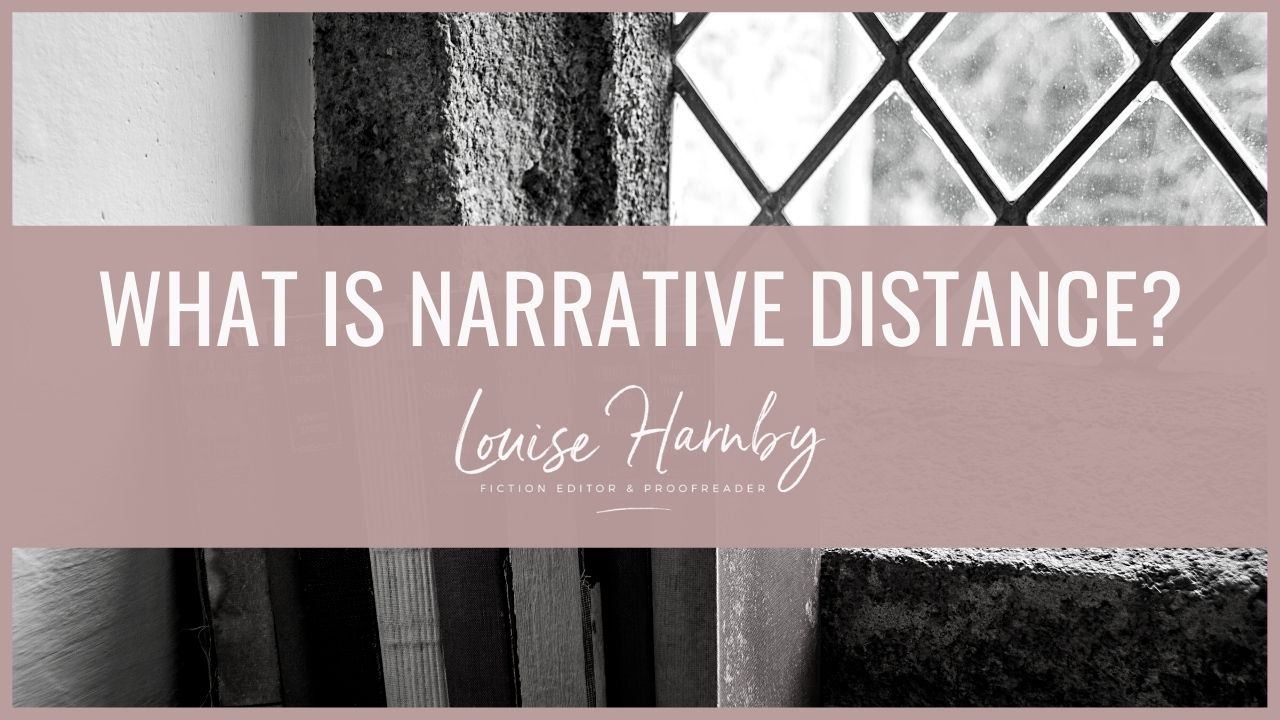
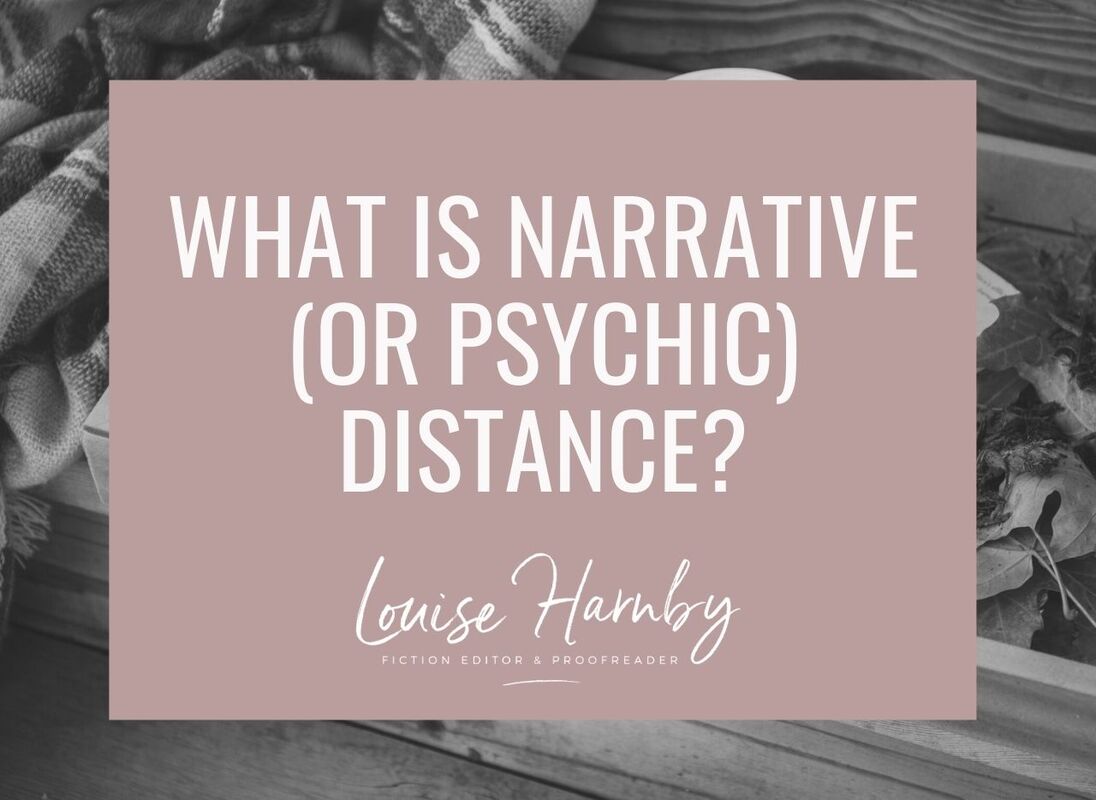





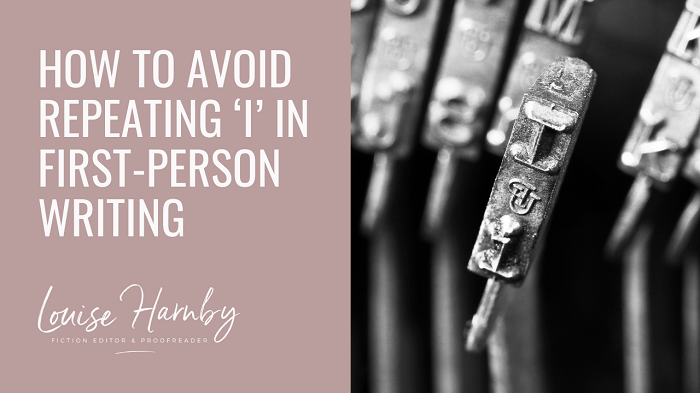
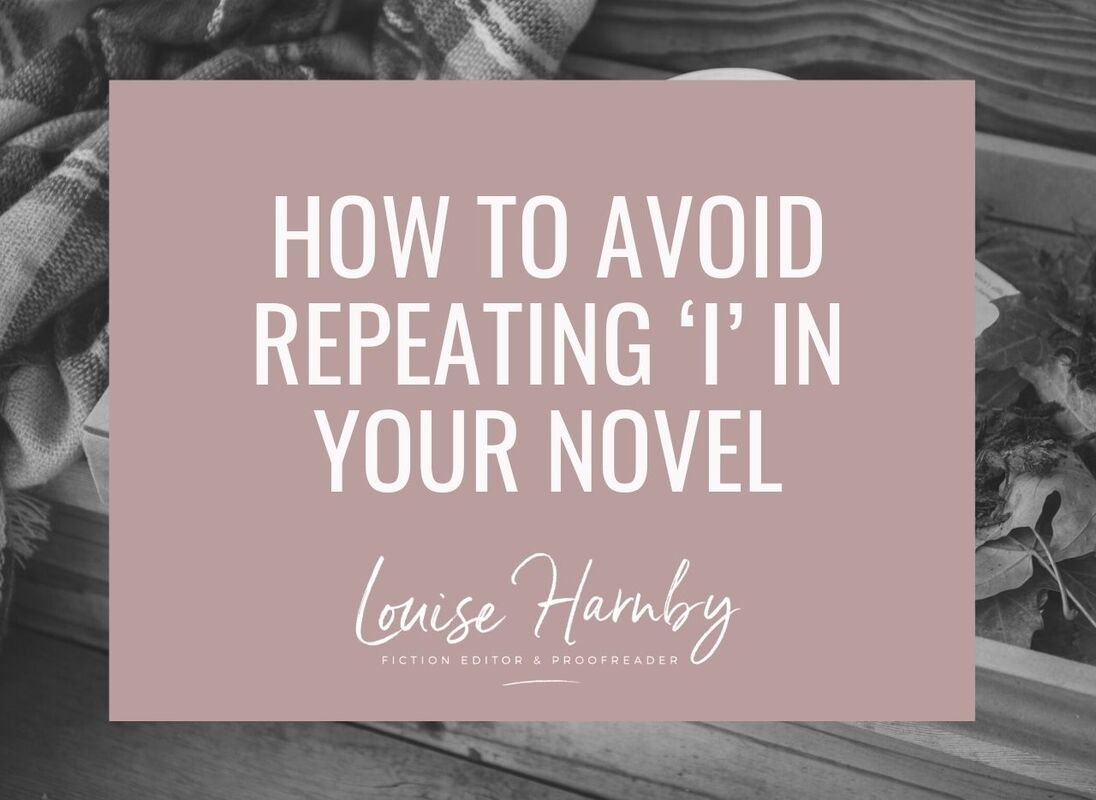

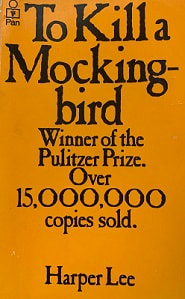
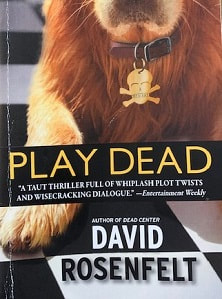




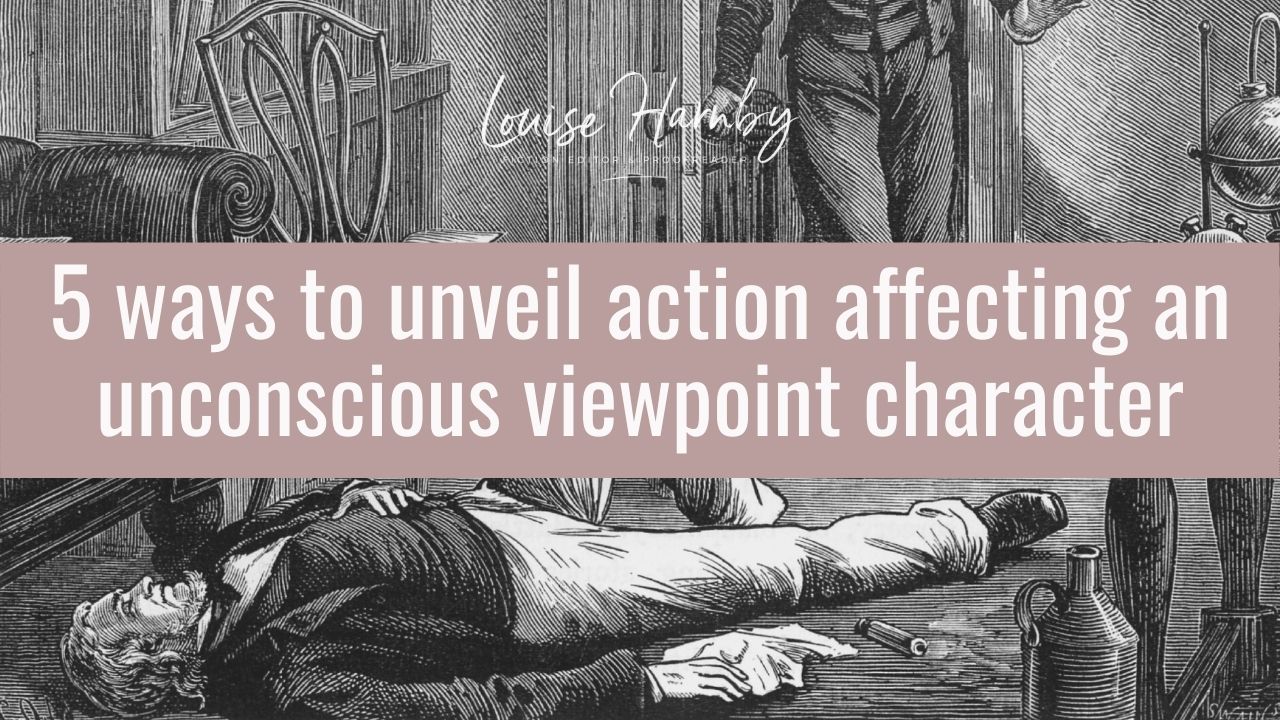
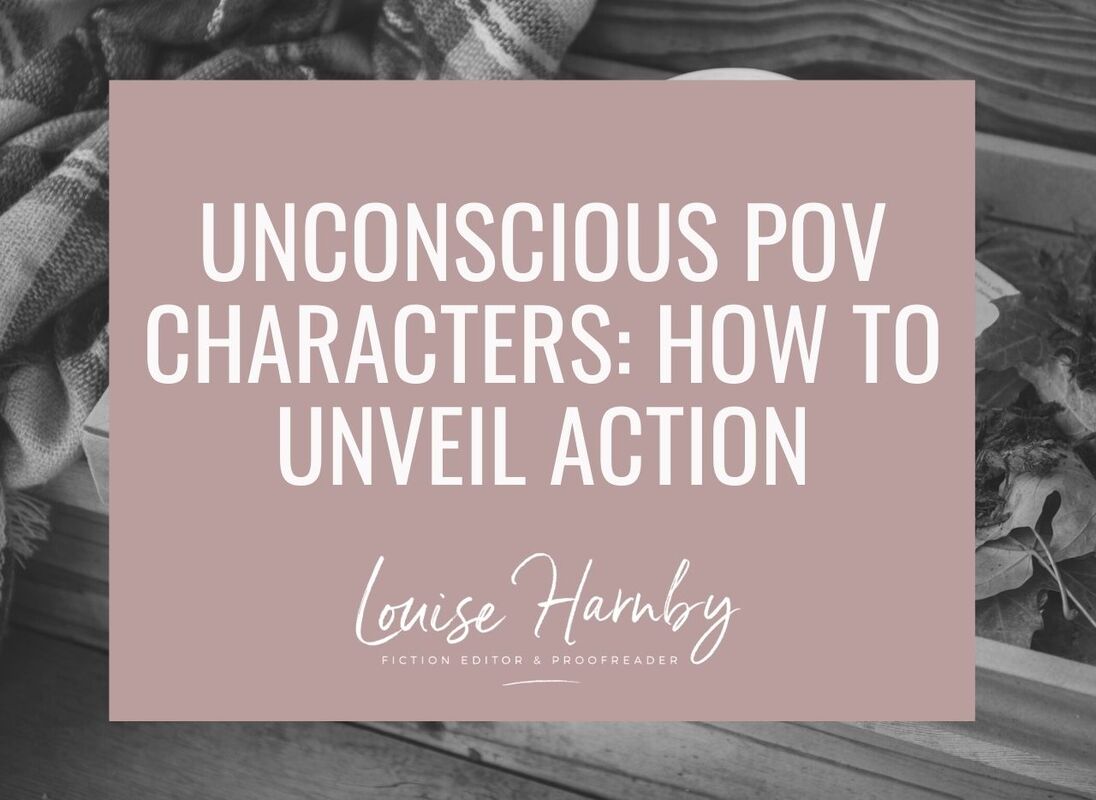

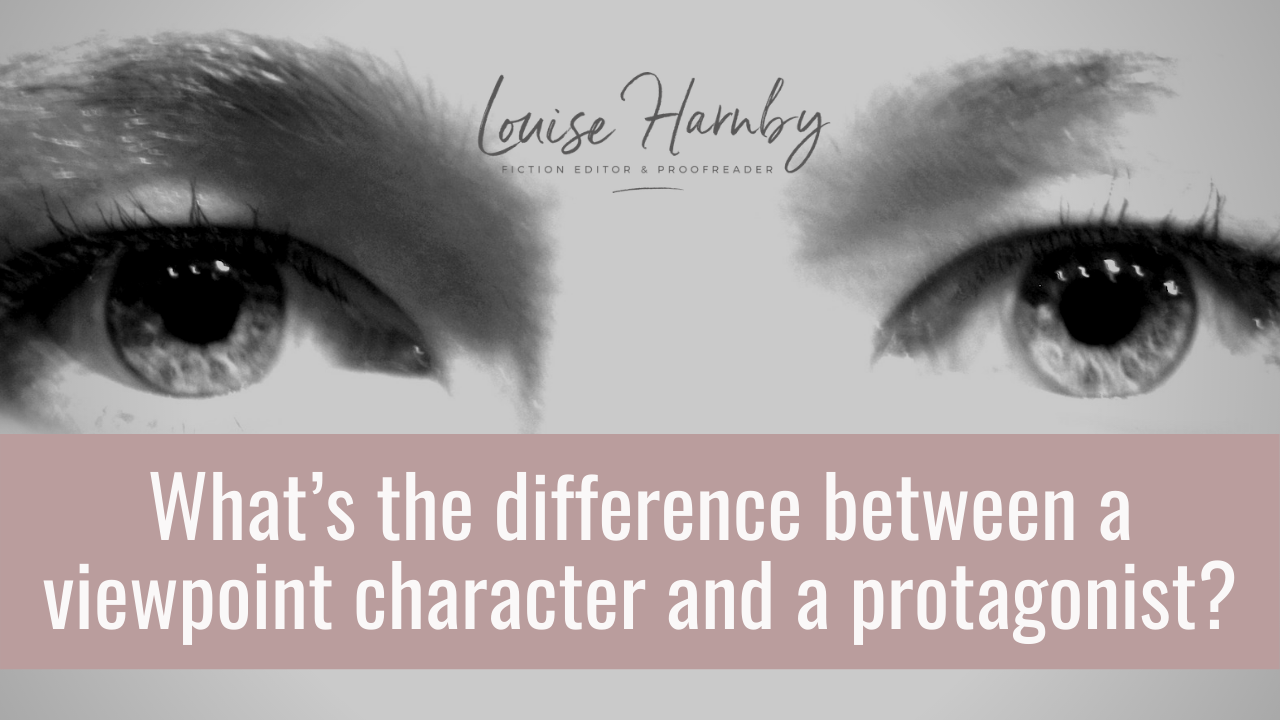
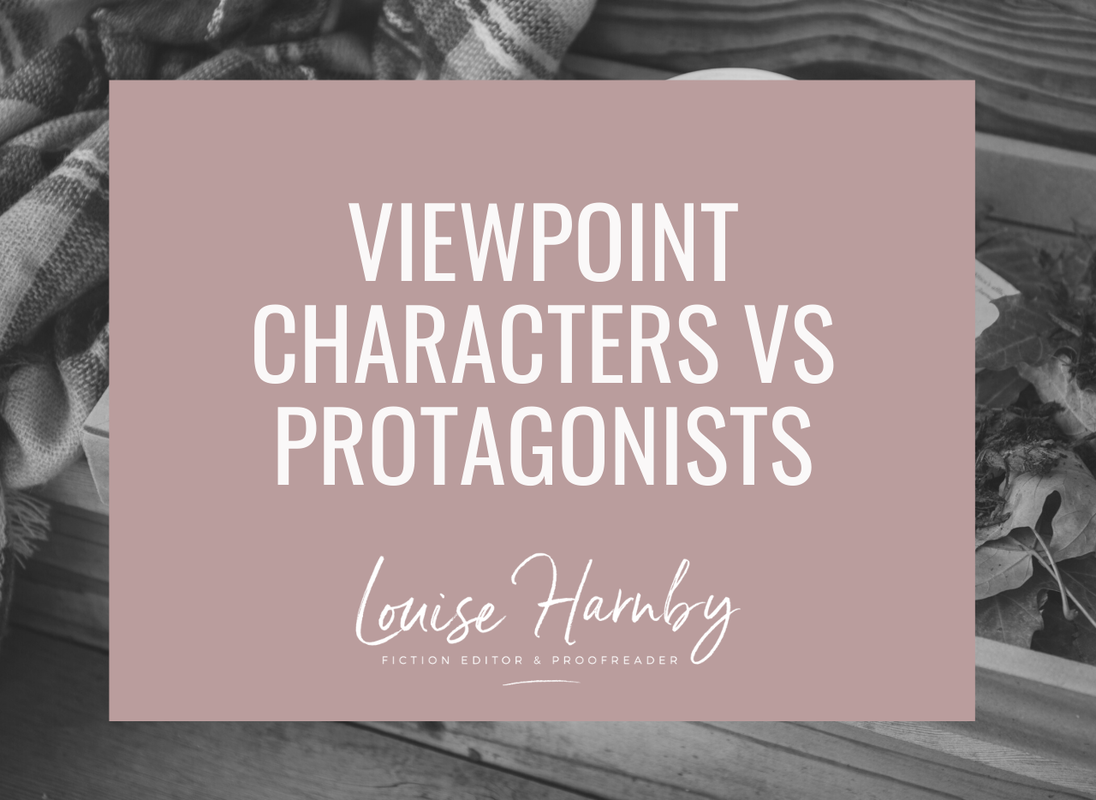

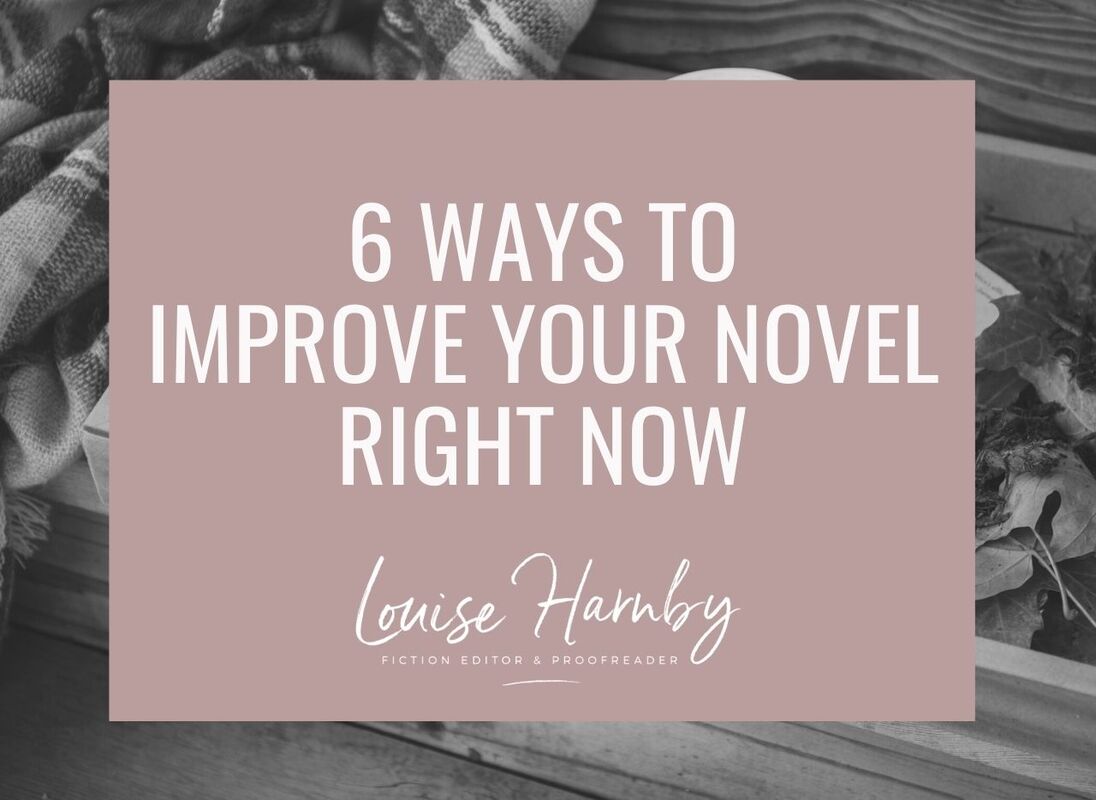
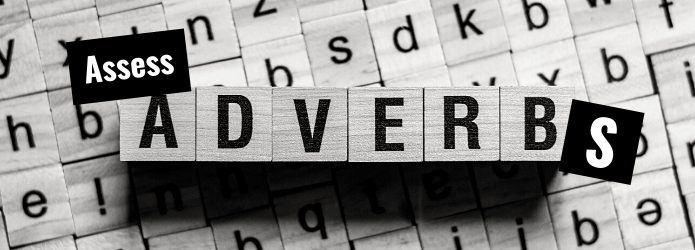

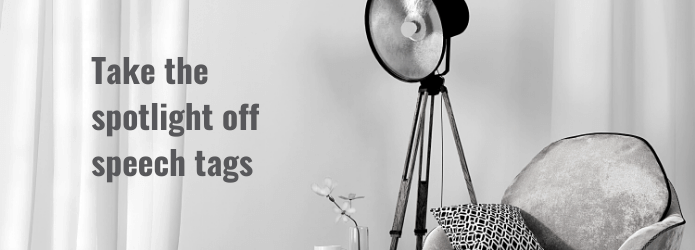

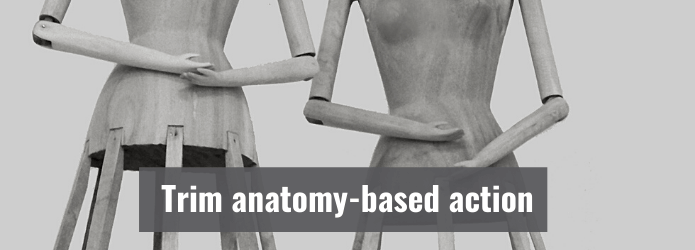
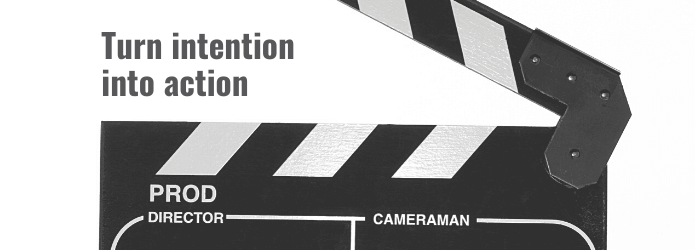

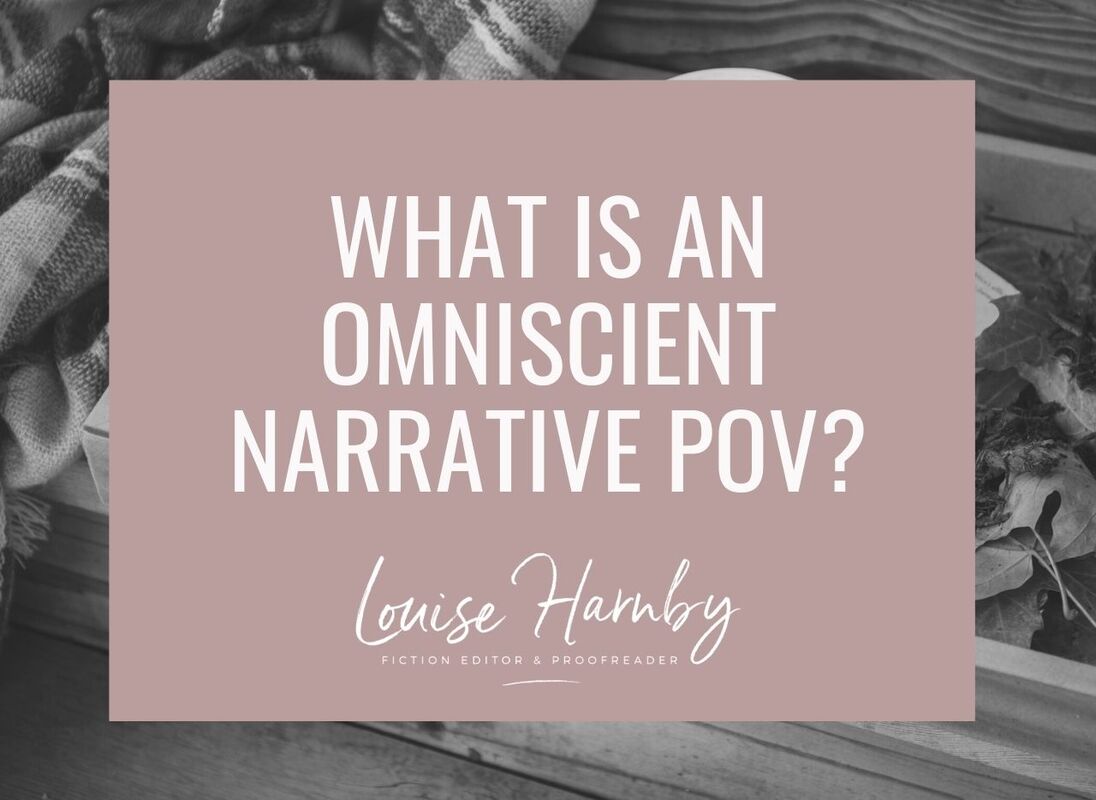
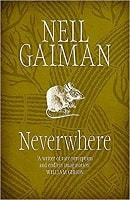
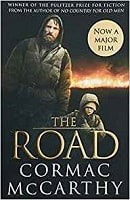
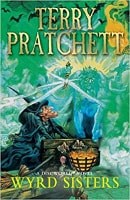

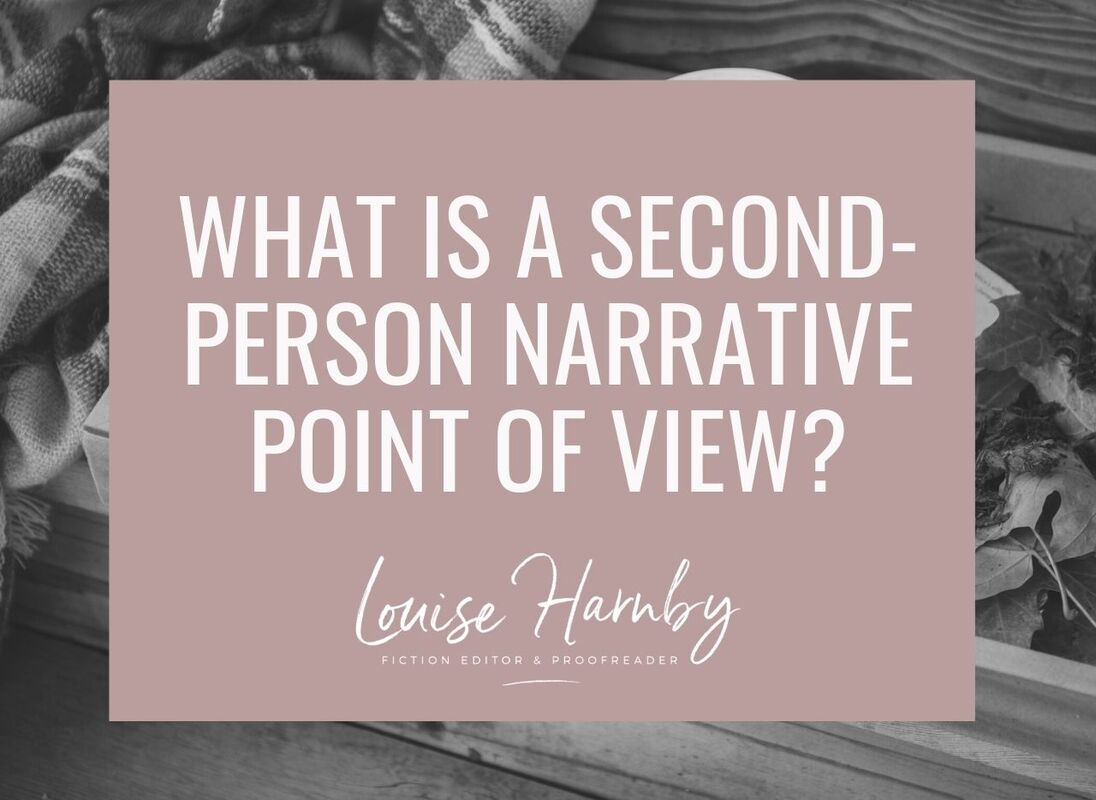
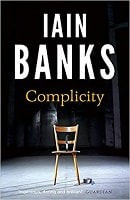
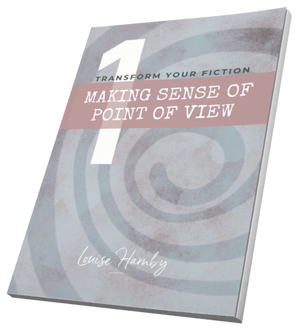
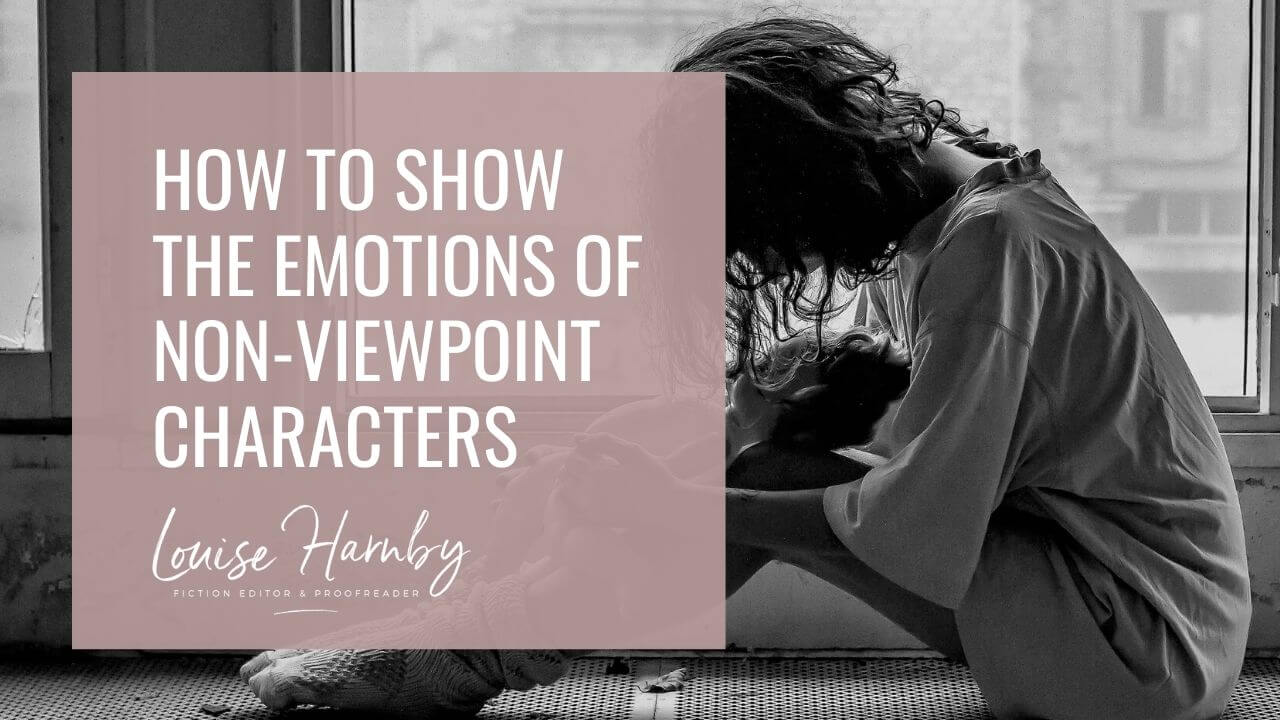
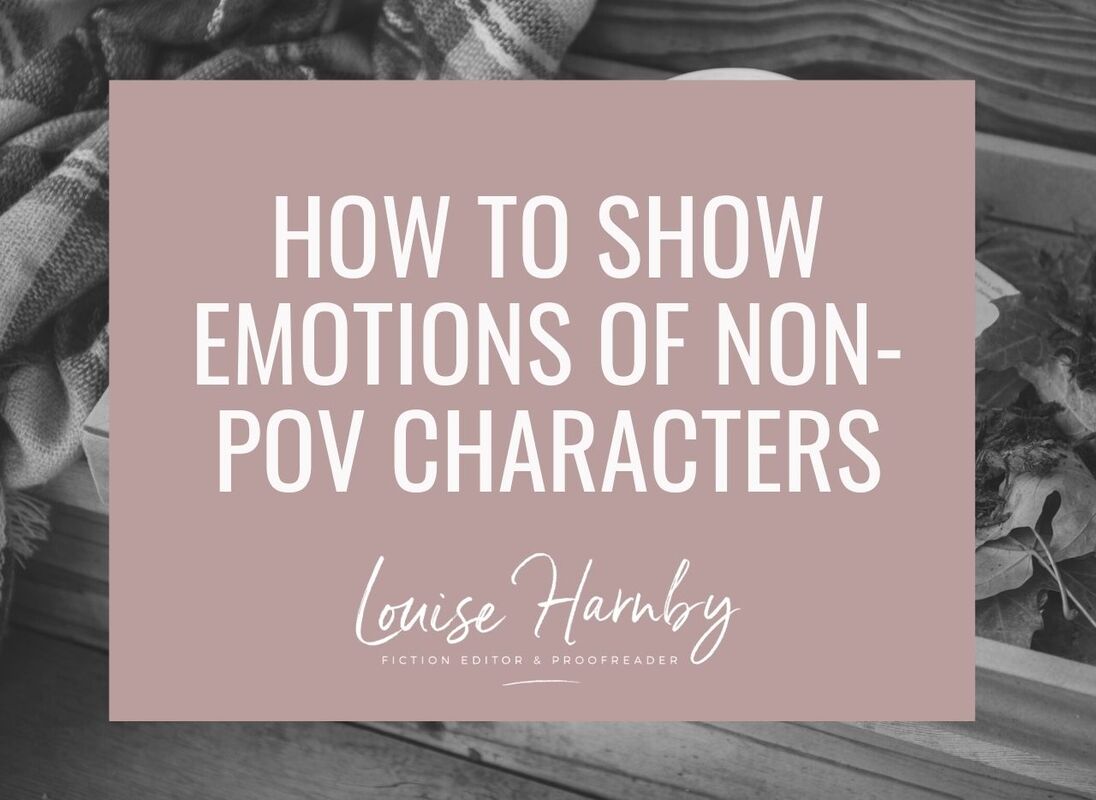
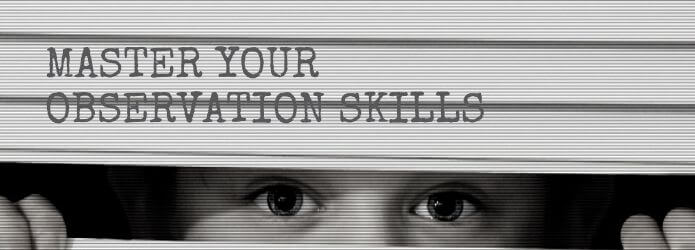
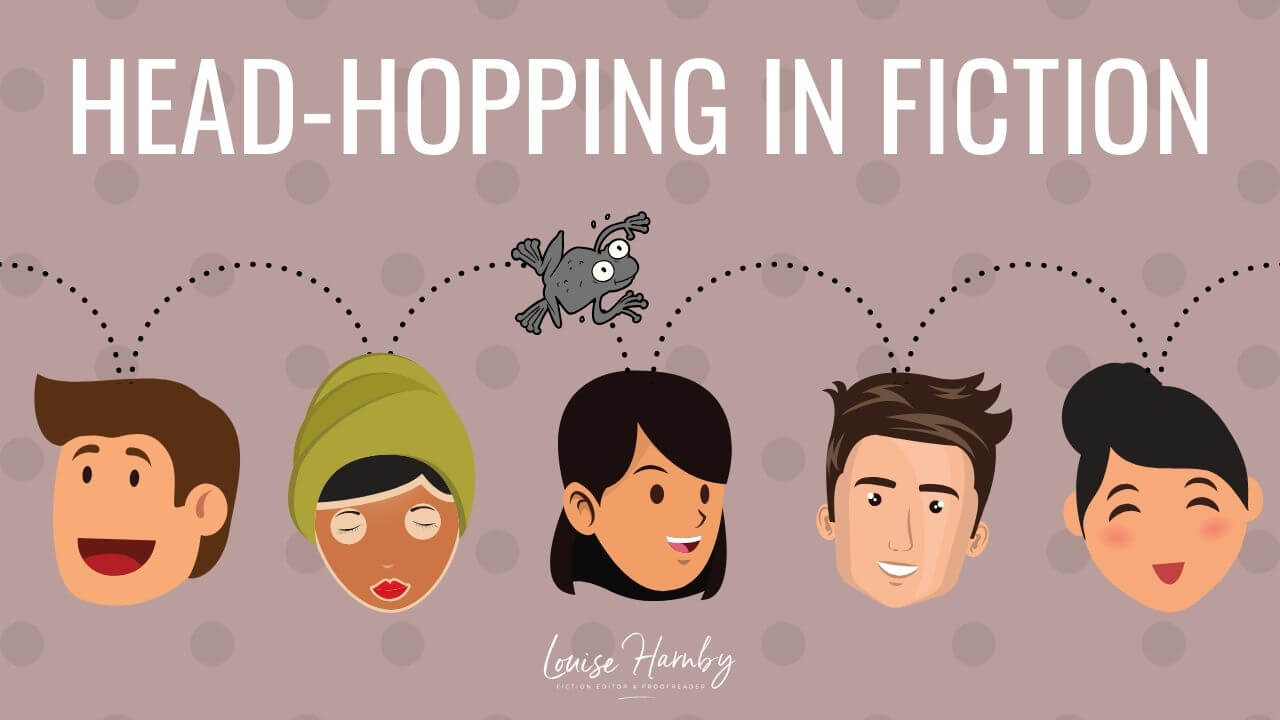
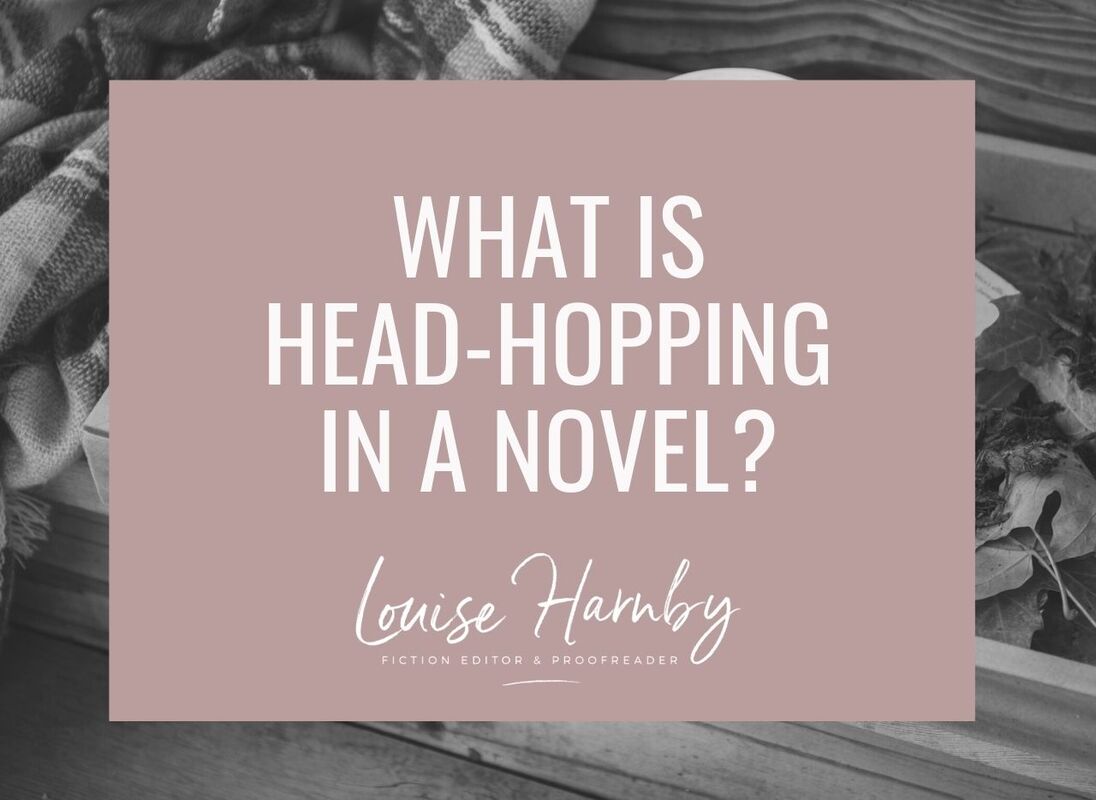


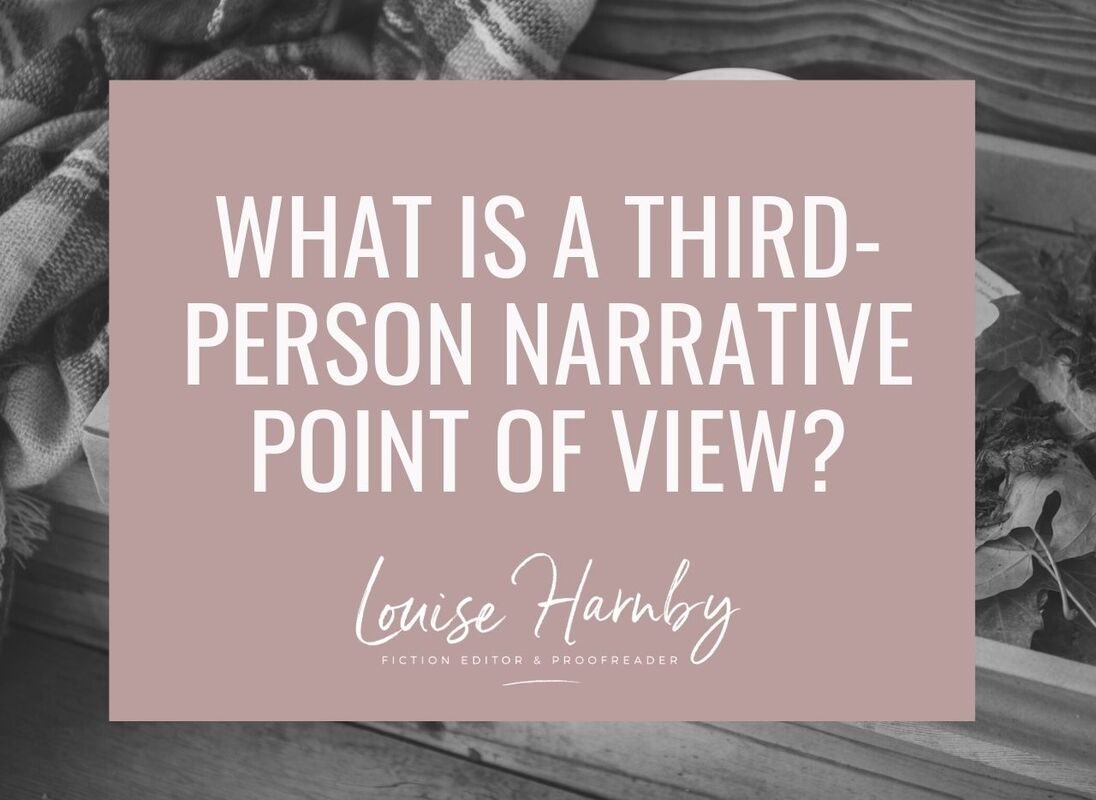
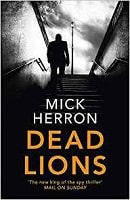
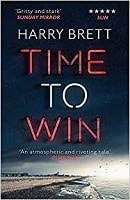
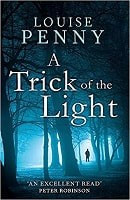
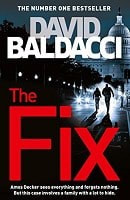
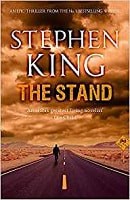
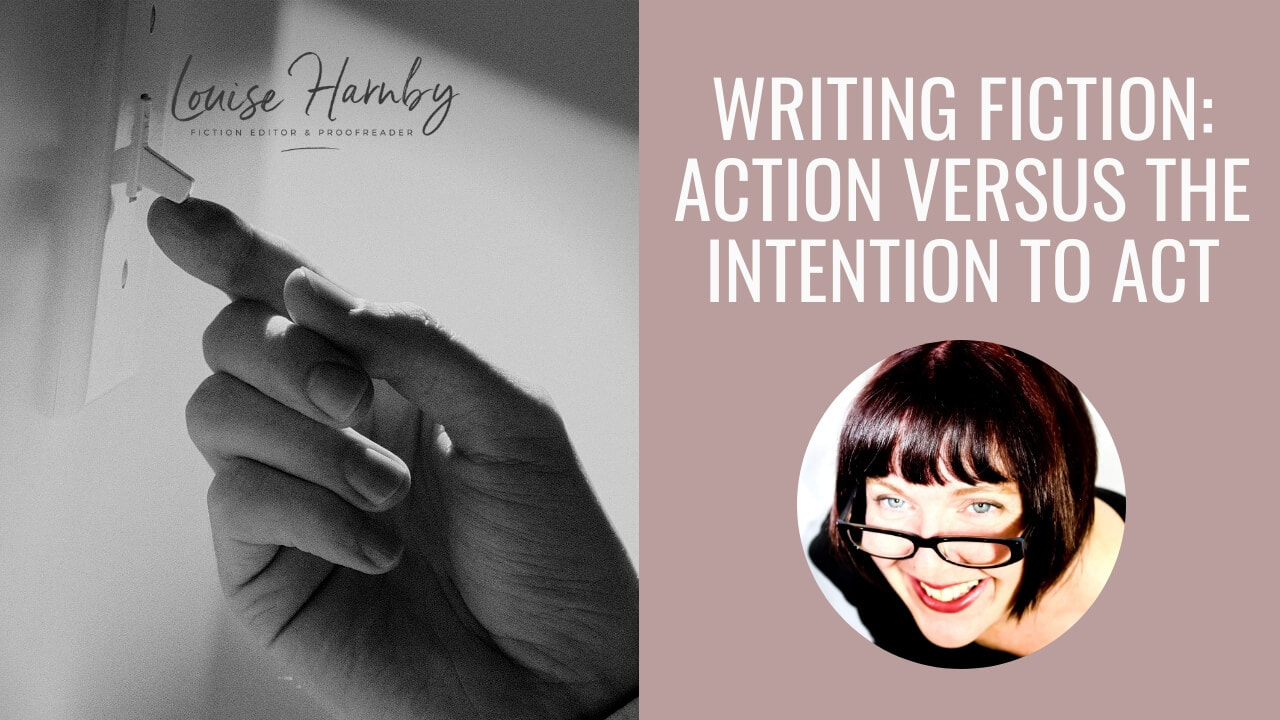




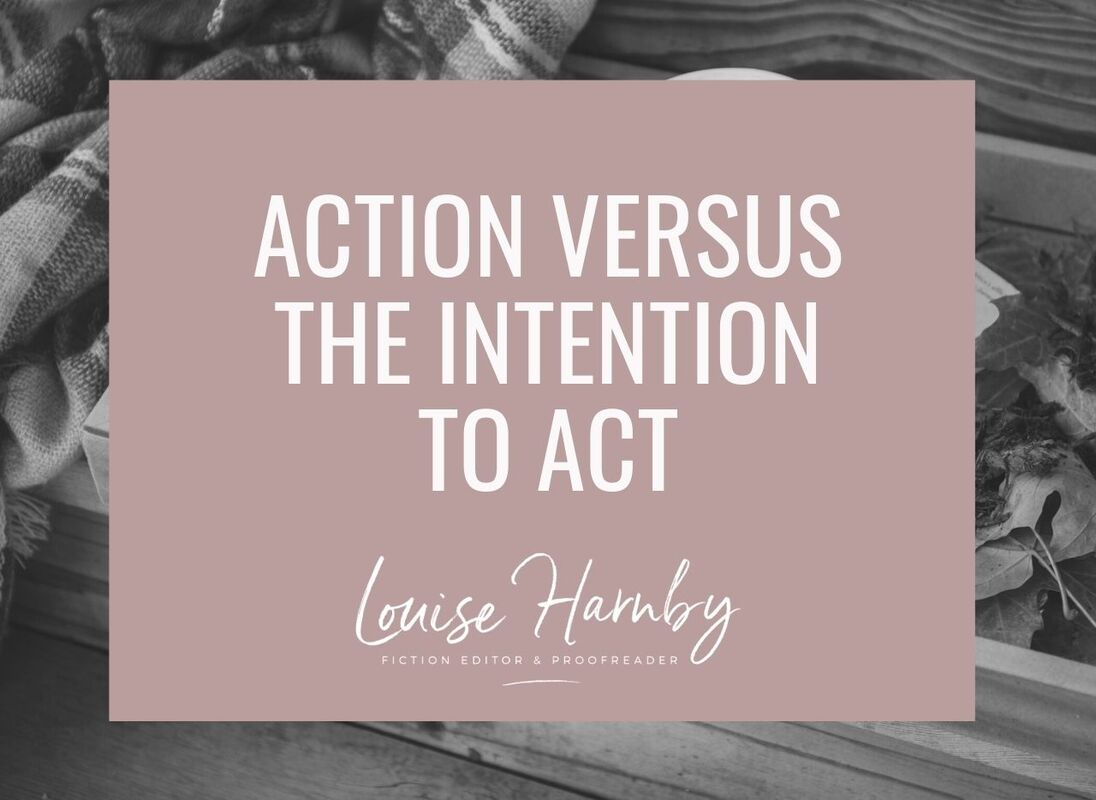


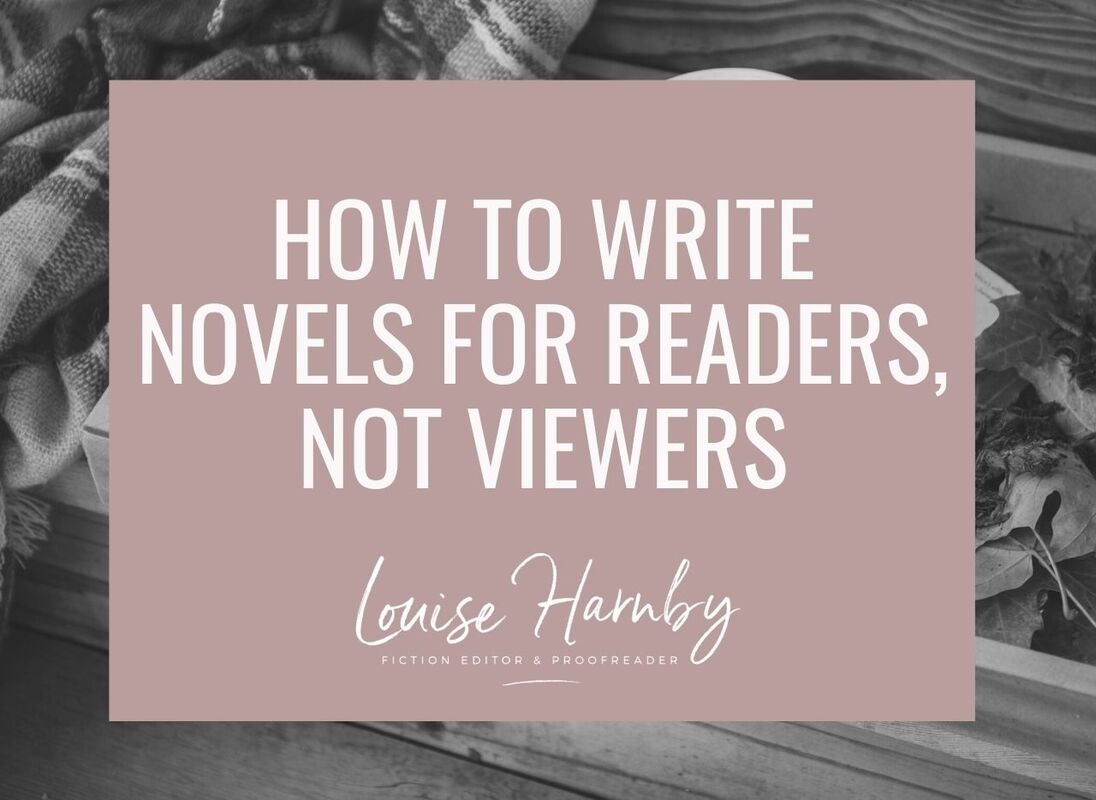

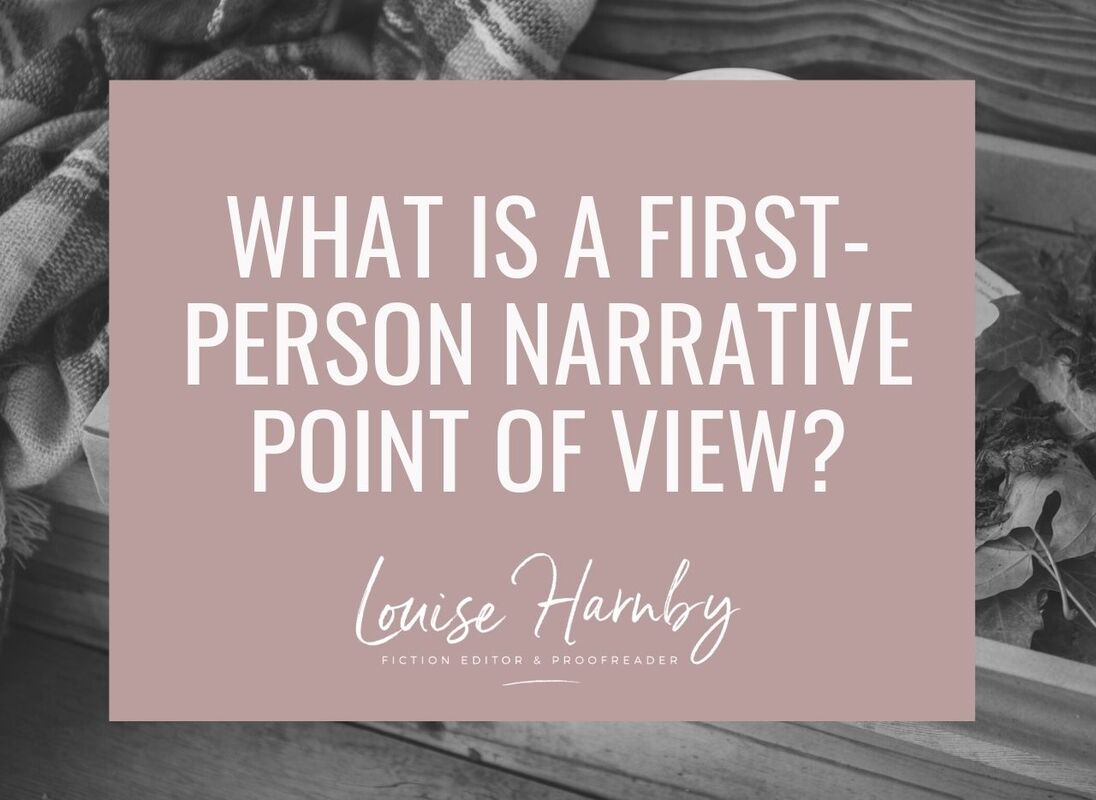
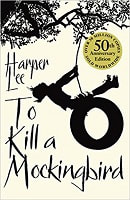
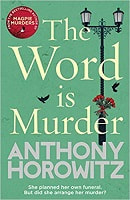













 RSS Feed
RSS Feed





